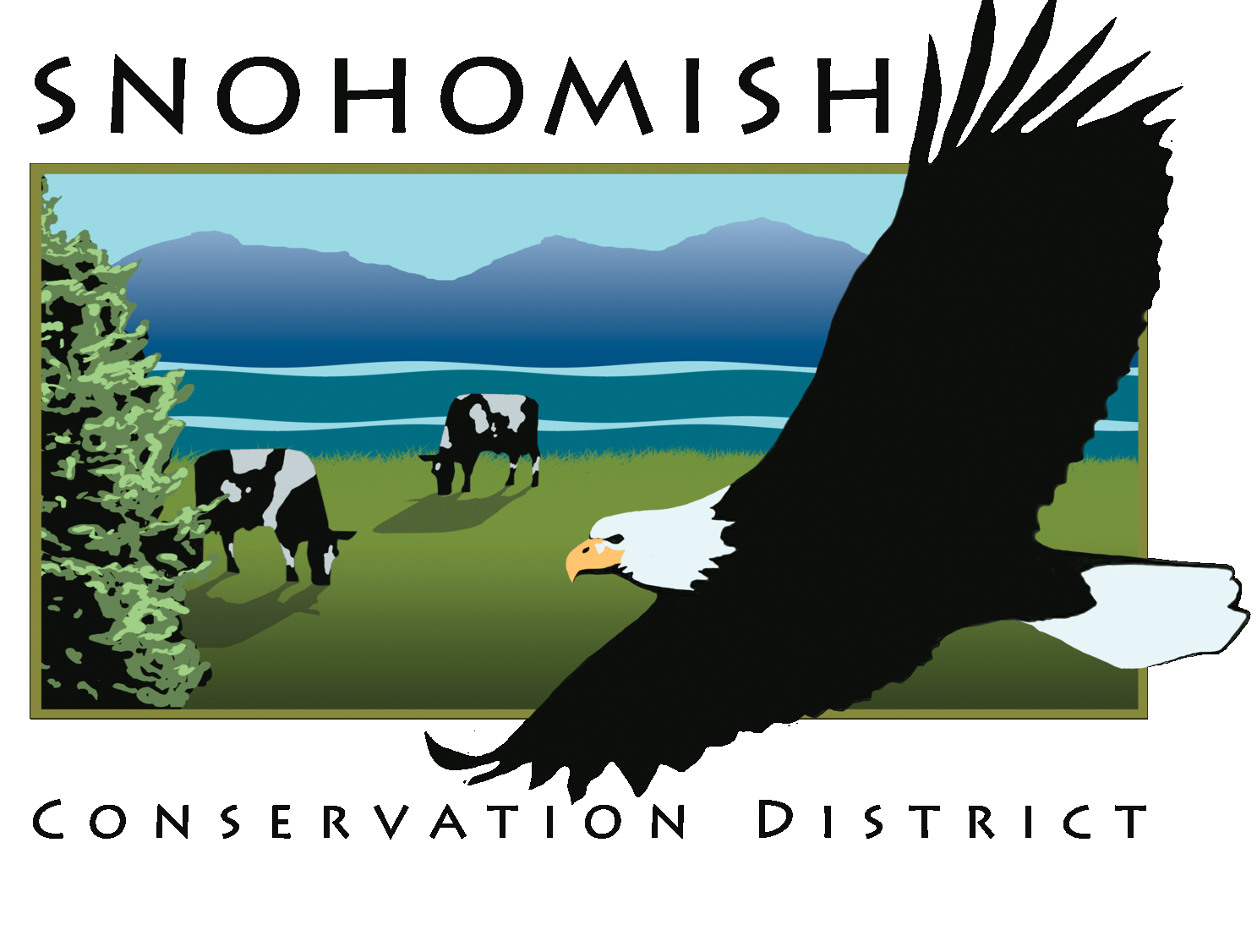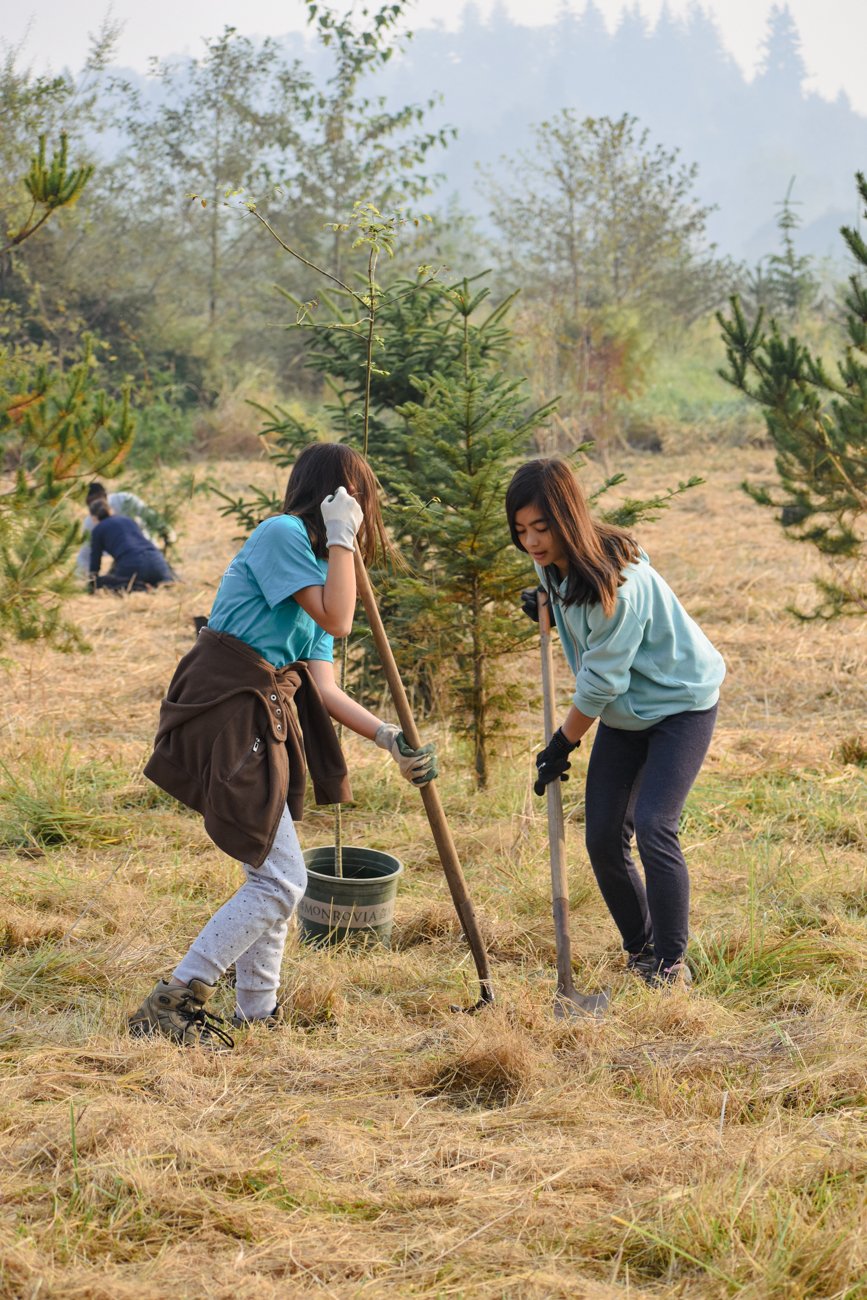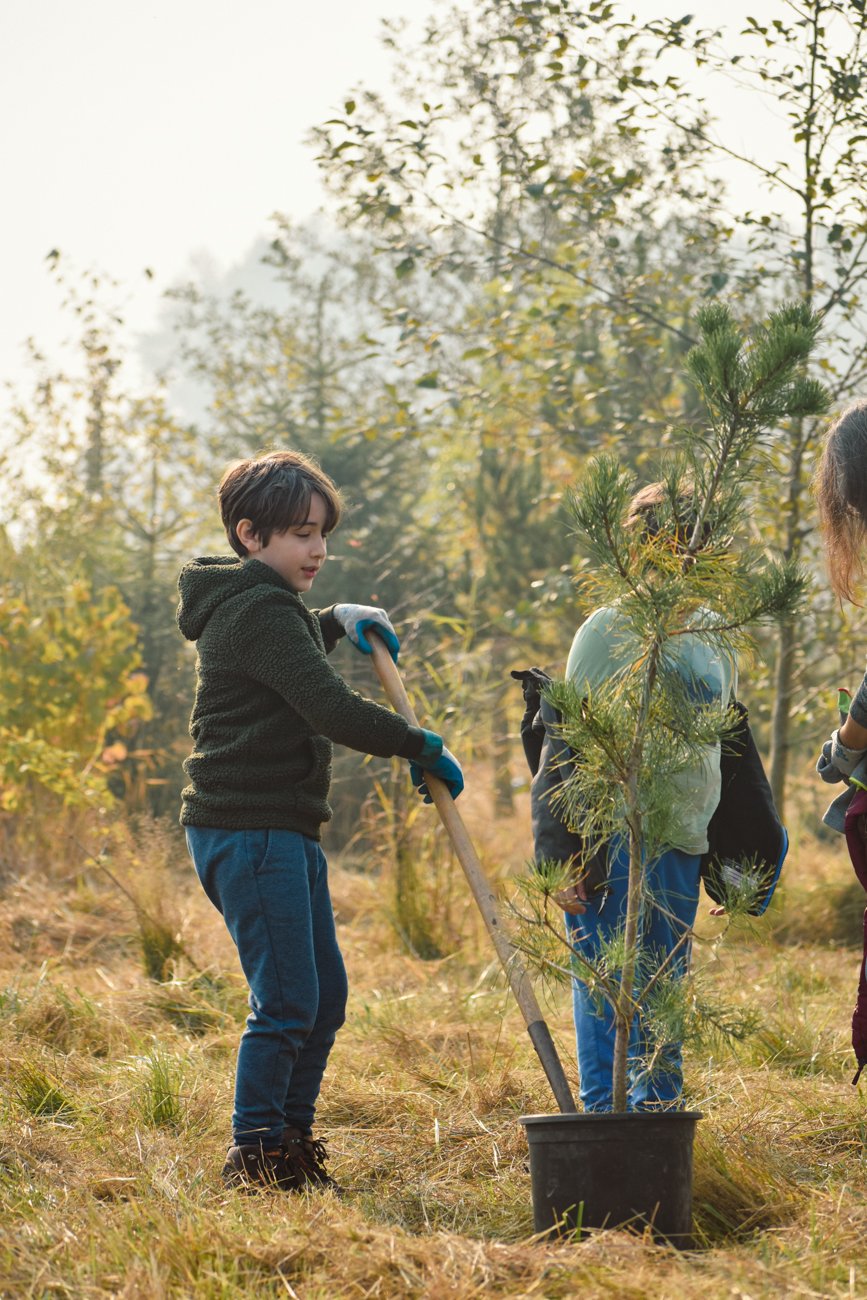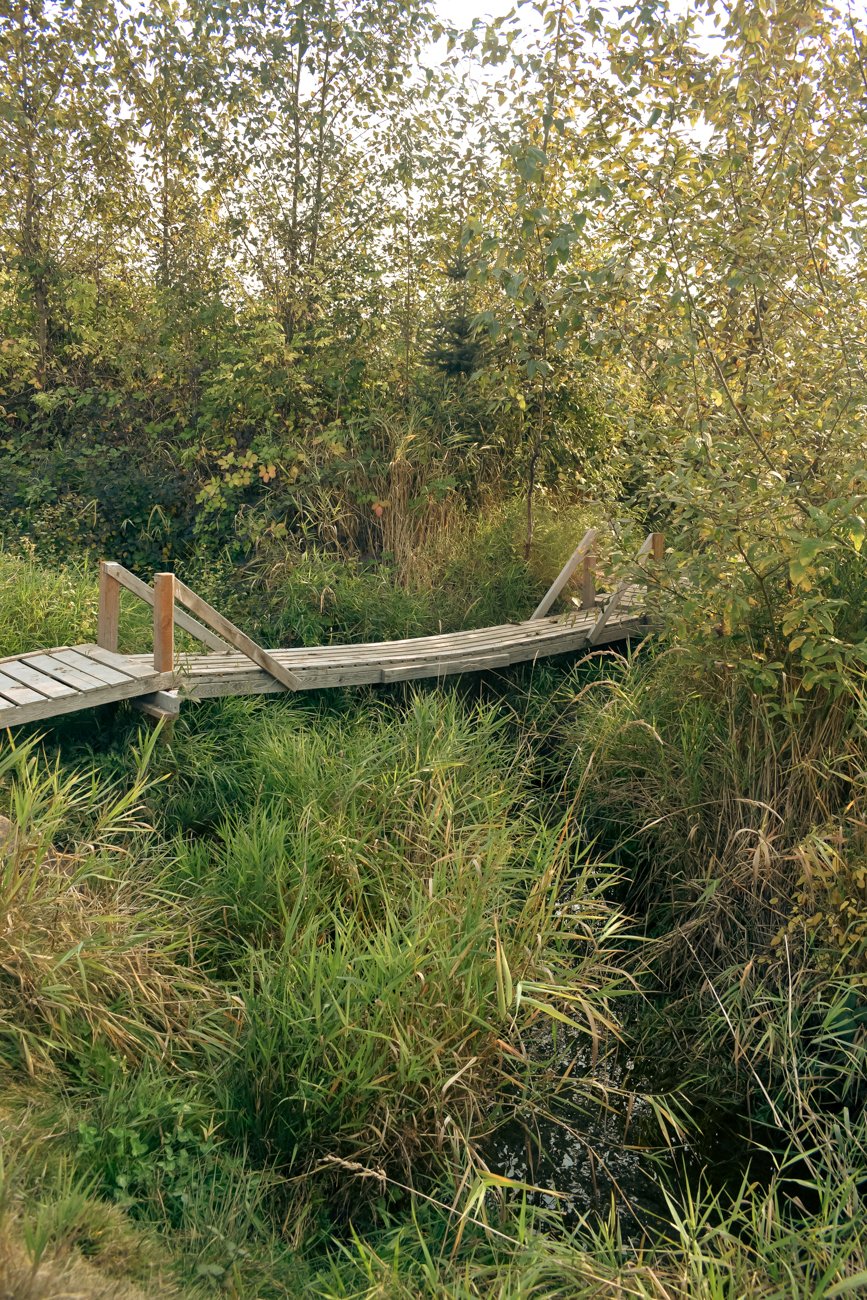Five Years of Orca Recovery Day Celebrated in Marysville
/The Southern Resident orcas are endangered, but there’s still time to help them.
Adults and children from over six countries gathered at the Strawberry Fields Athletic Complex in Marysville for the fifth annual Orca Recovery Day on October 15. Attendees had the opportunity to participate in a guided nature walk, learn about water quality, and plant trees along the Middle Fork Quilceda Creek, which runs through the park. The creek is an important habitat restoration site due to the presence of coho salmon near a high-traffic area. Salmon are a main food source for the Southern Resident orcas.
“I find immense value in connecting people with the natural world,” Outreach and Habitat Specialist Sara Rocero said. “It’s so important for people to connect that the green spaces around their homes, neighborhoods, and parks are important habitats for wildlife. Good or bad, we directly impact the animals around us.”
Environmental Educator Nathan Sharon led a watershed demonstration and showed participants how to check the health of the creek using water quality test kits. Both adults and children were eager to learn about how their actions can directly benefit water quality in the nearby creek.
The non-profit organization Foundation for International Understanding Through Students brought a group of 17 undergraduate students from Angola, Botswana, Mali, Mozambique, South Africa, and Zimbabwe to help plant trees. Several of them had led restoration projects in their home countries, including Jacobo Fernando who has installed over 1,000 trees in Mozambique! He and the other students were excited to help Southern Resident orcas and learn more about habitat restoration in Washington.
Sara led a guided walk along the park trail and explained the importance of riparian buffers, particularly near roads. Stormwater runoff in these areas can contain chemicals from tire dust that are highly toxic to salmon, often killing more than half of coho before they can spawn. Trees and shrubs planted along waterways can help filter out pollutants and provide shade, which increases oxygen levels for fish.
The walk ended at Adopt-a-Stream’s fish viewing station where participants could see salmon fry.
“The community can play an integral role in restoring salmon and orca populations throughout the region,” said Snohomish Conservation District Executive Director, Linda Lyshall. “Orca Recovery Day is a chance to celebrate our collective impact and ensure action is taken for generations to come.”
Orca Recovery Day is a region-wide day of action created by the collective Puget Sound Conservation Districts to raise awareness for the local and endangered Southern Resident orcas. Thank you to the City of Marysville, Washington State Conservation Commission, Tulalip Tribes, and Adopt-A-Stream Foundation for partnering on this event.
View all of the photos from the event!
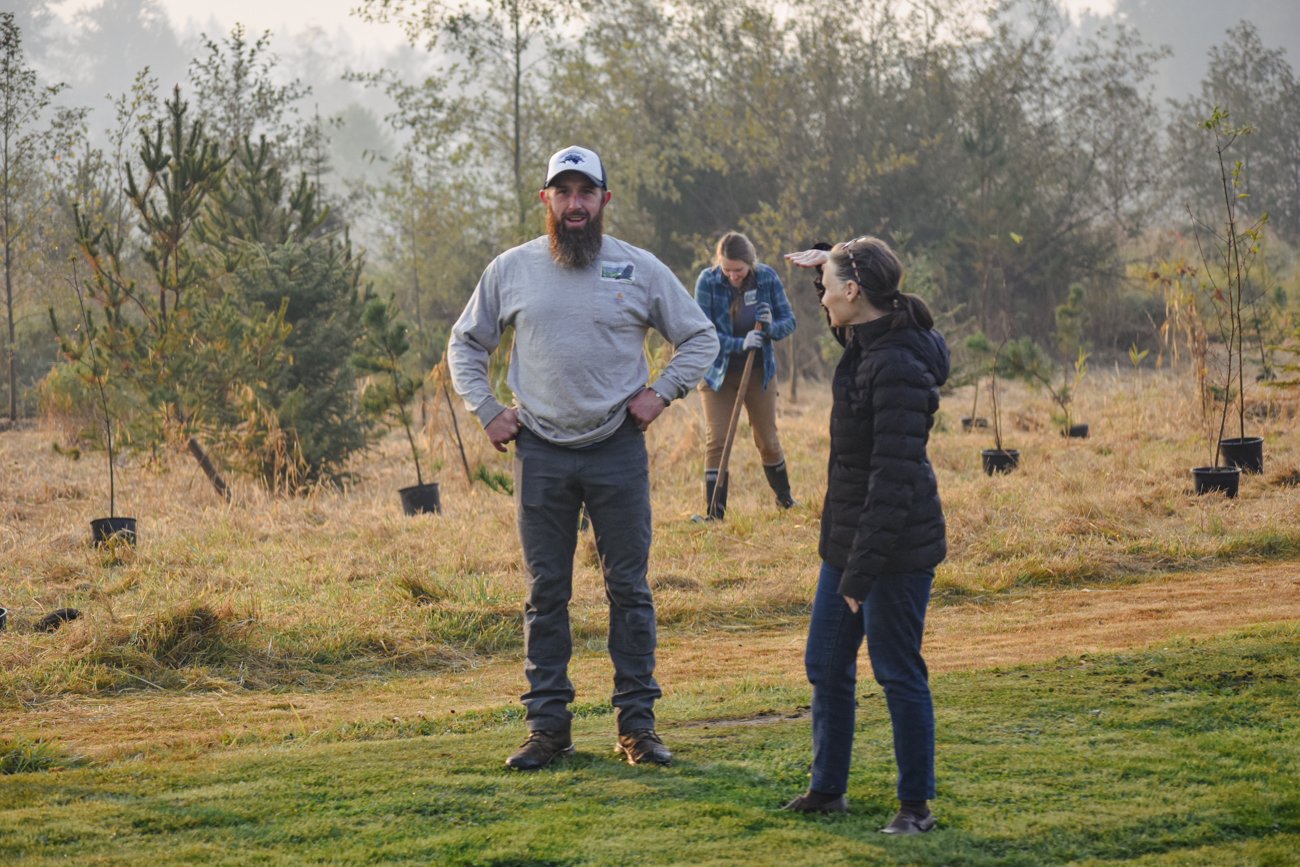
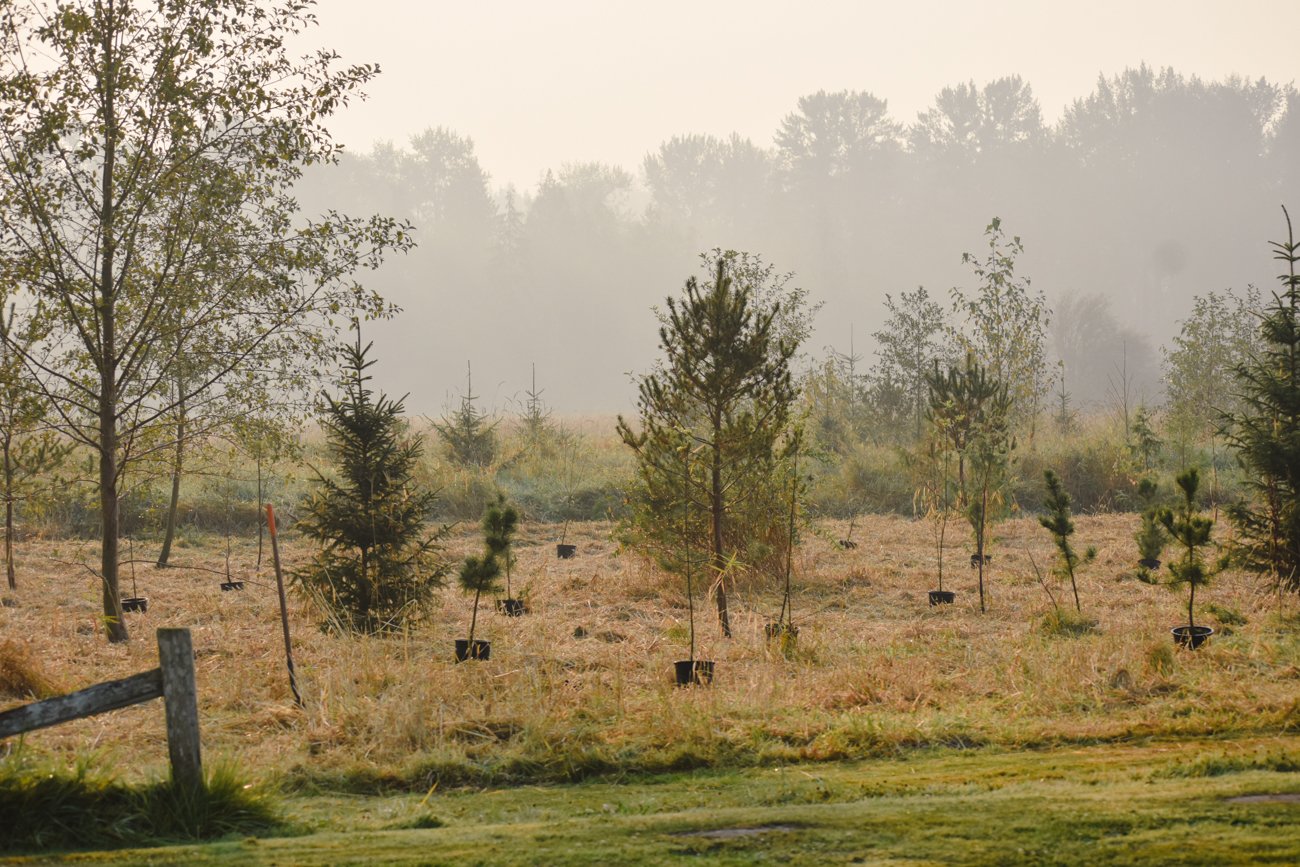
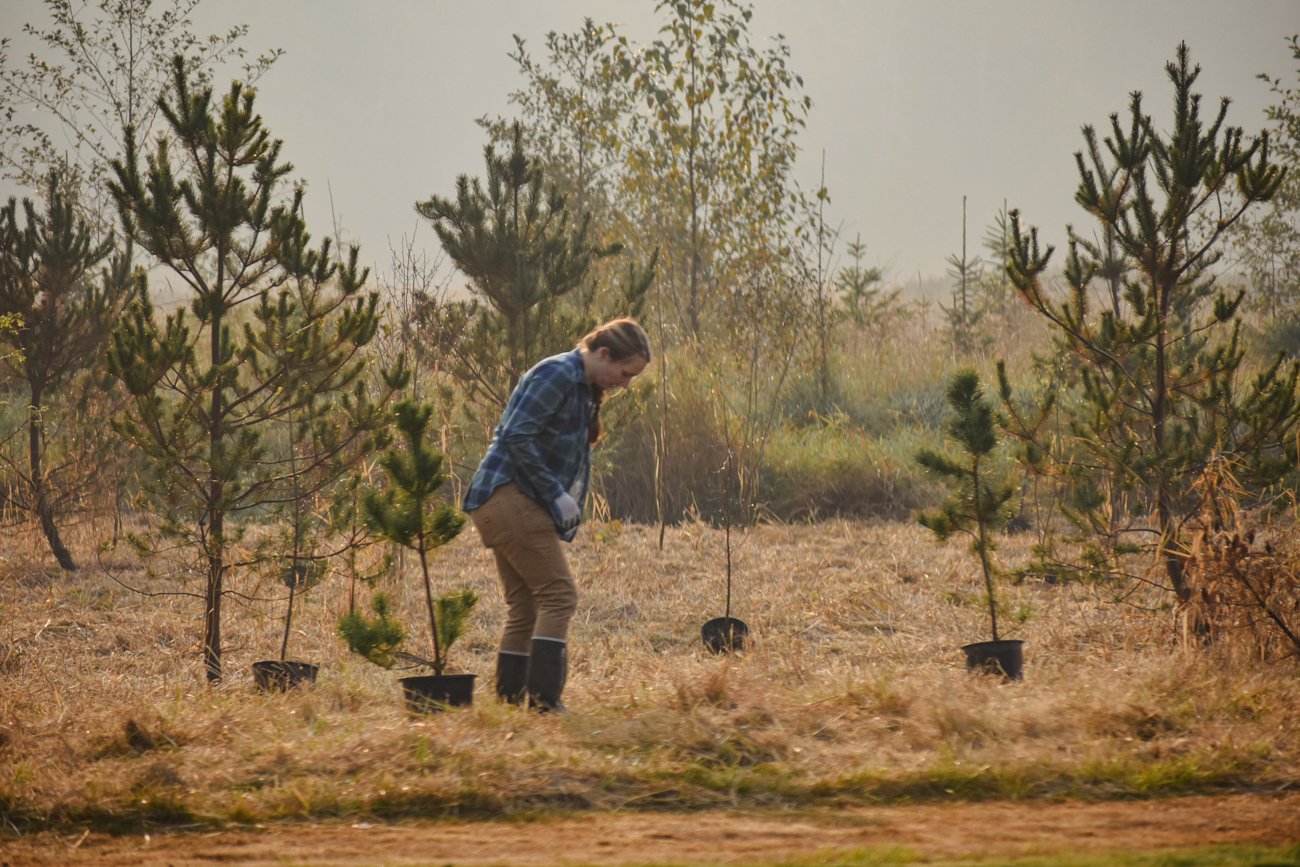
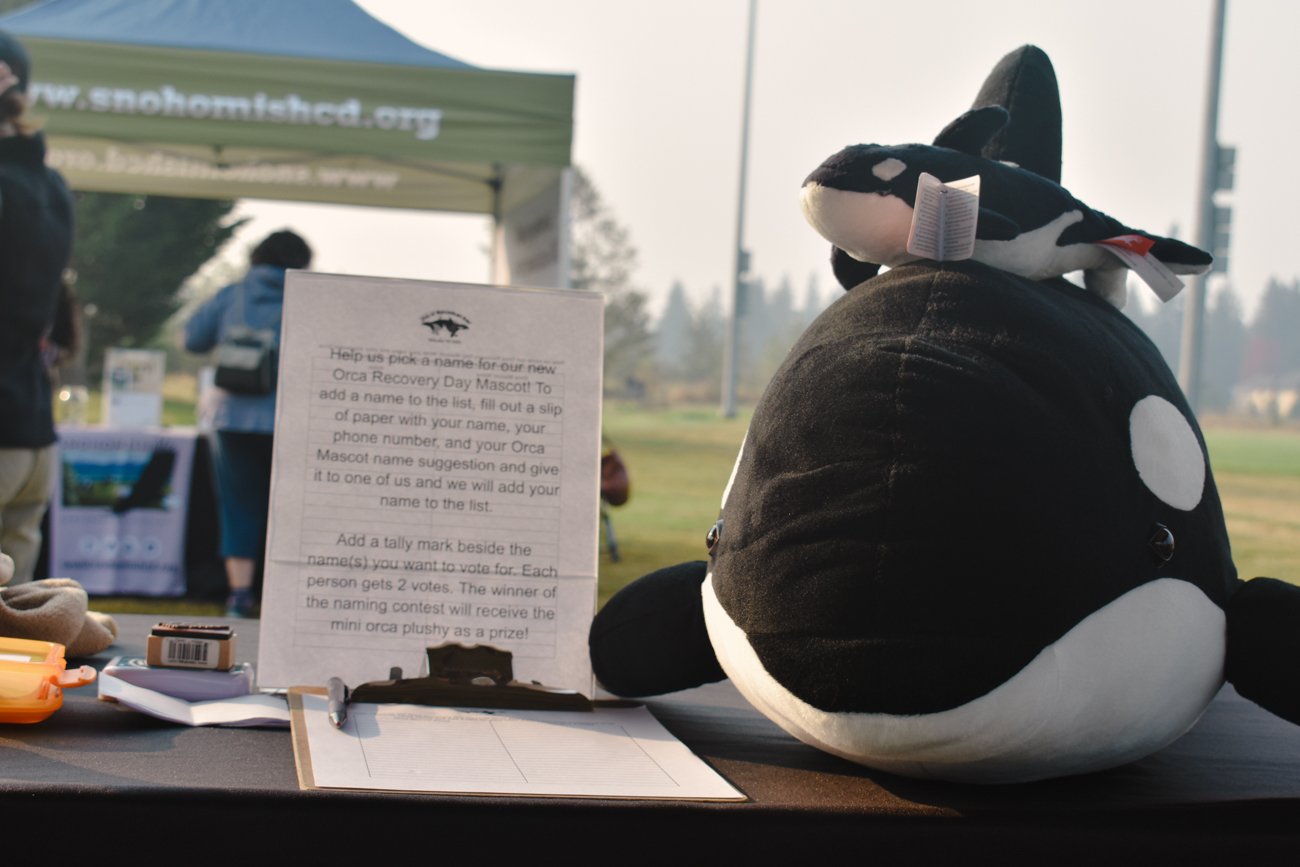
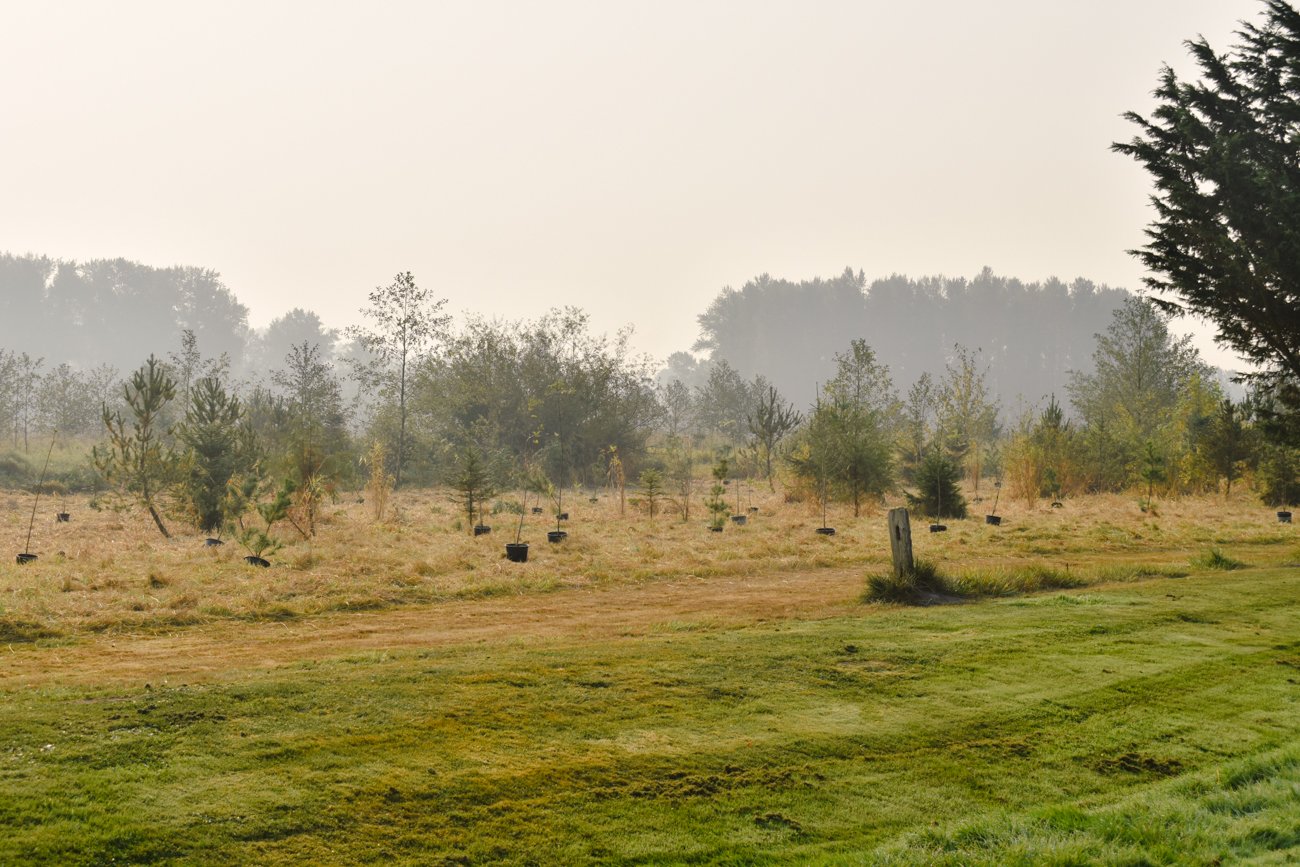
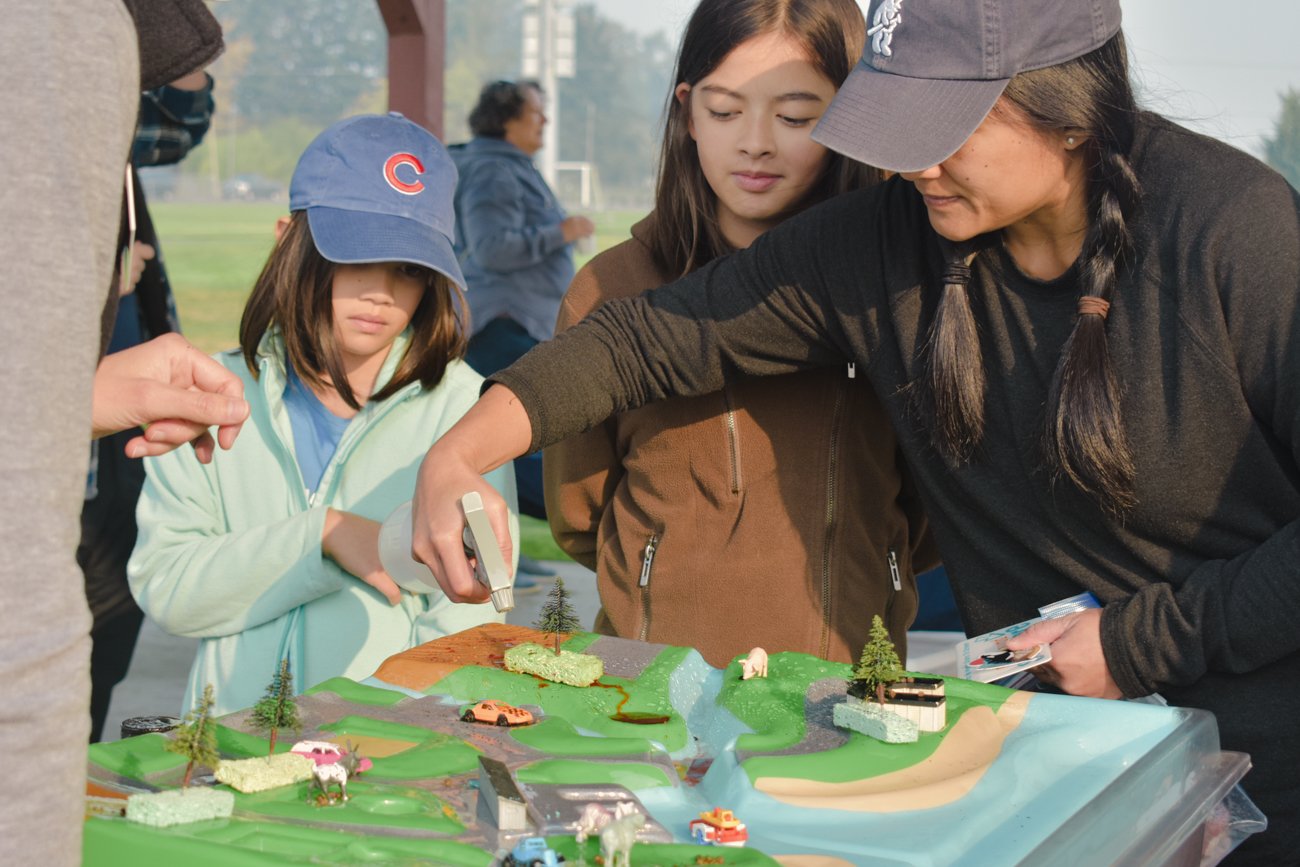
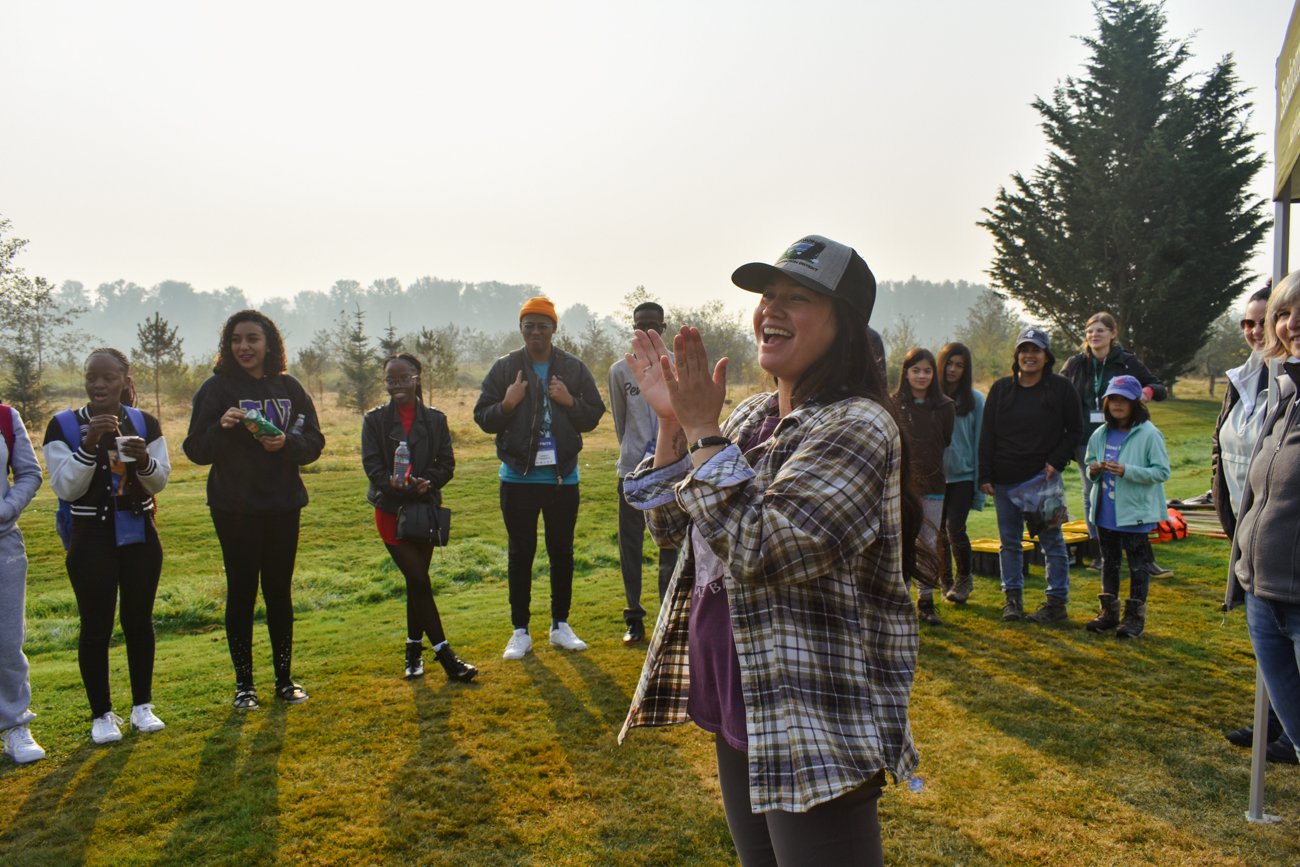
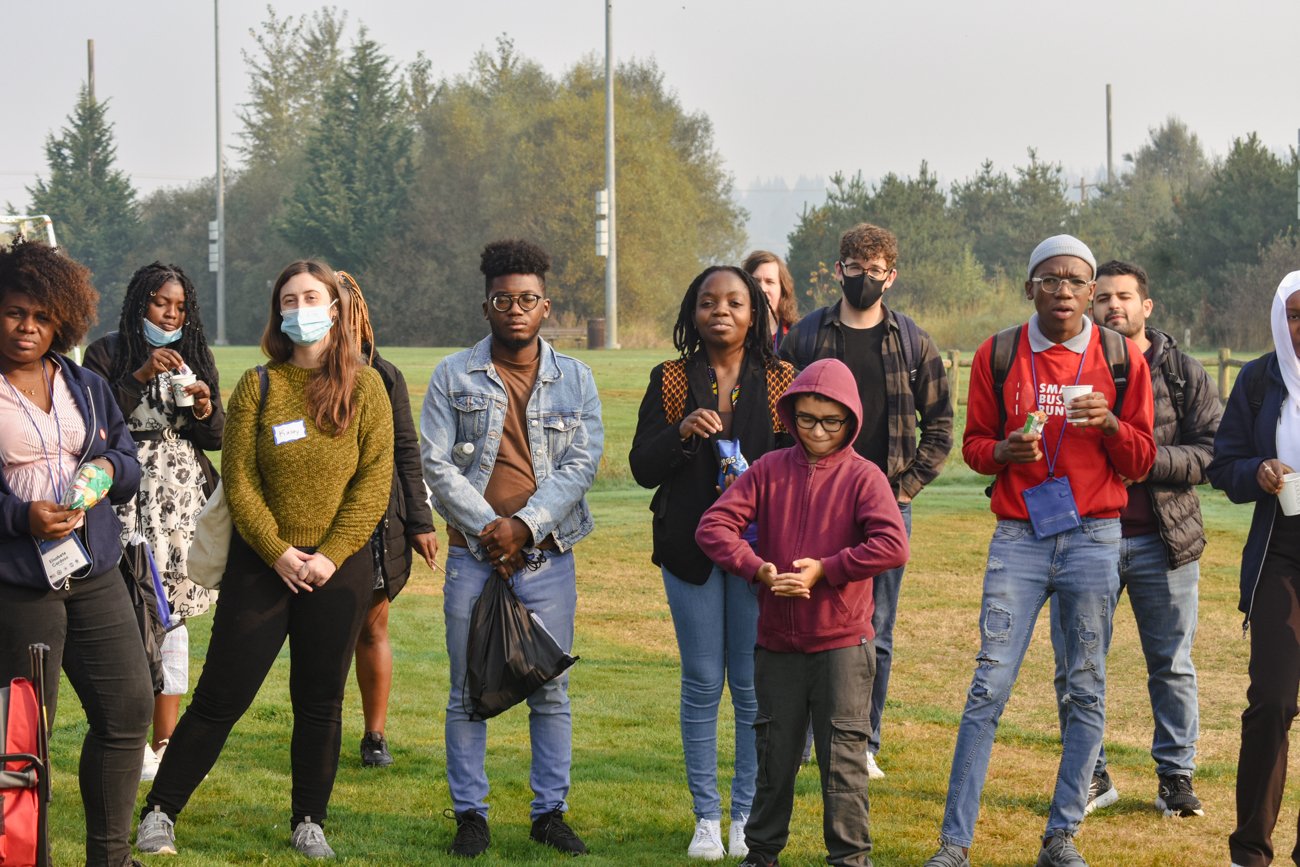
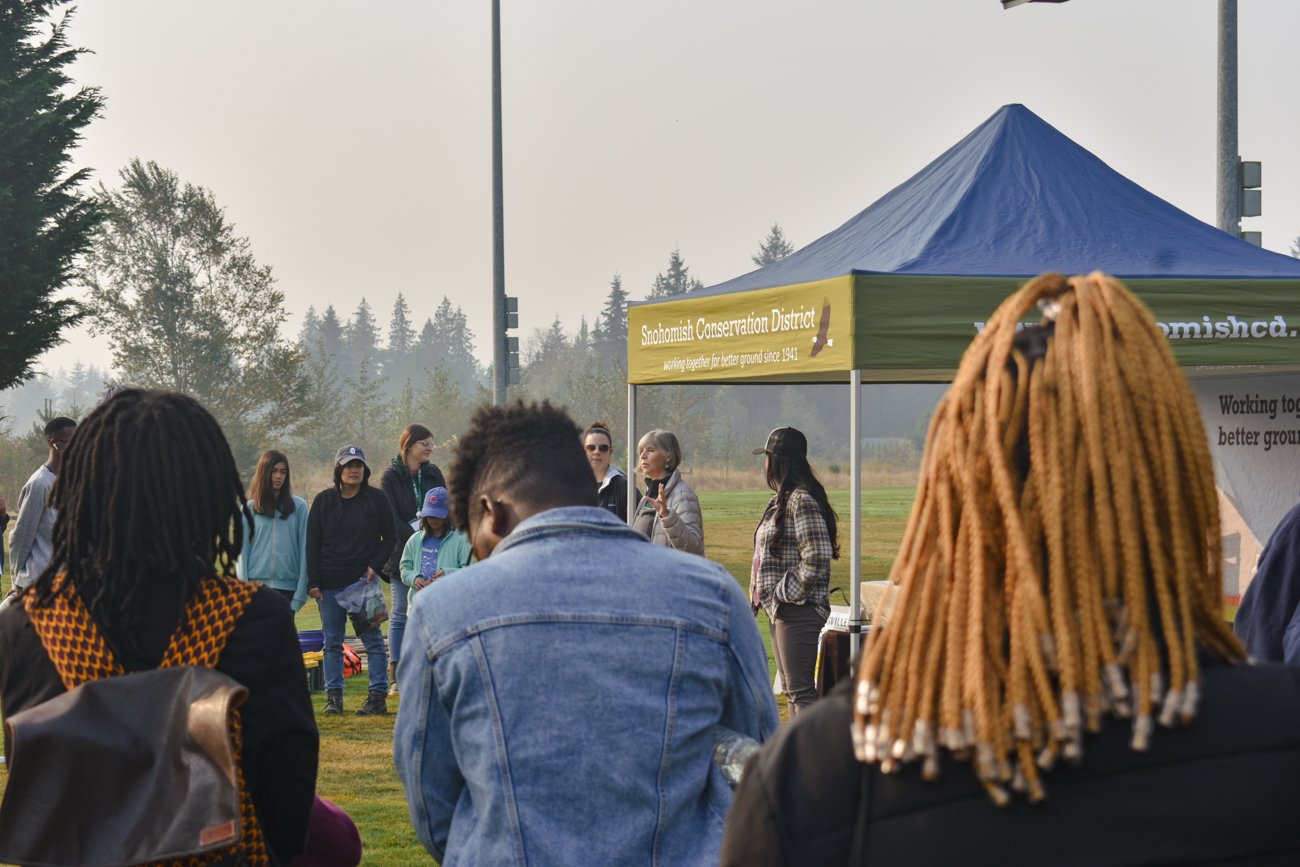
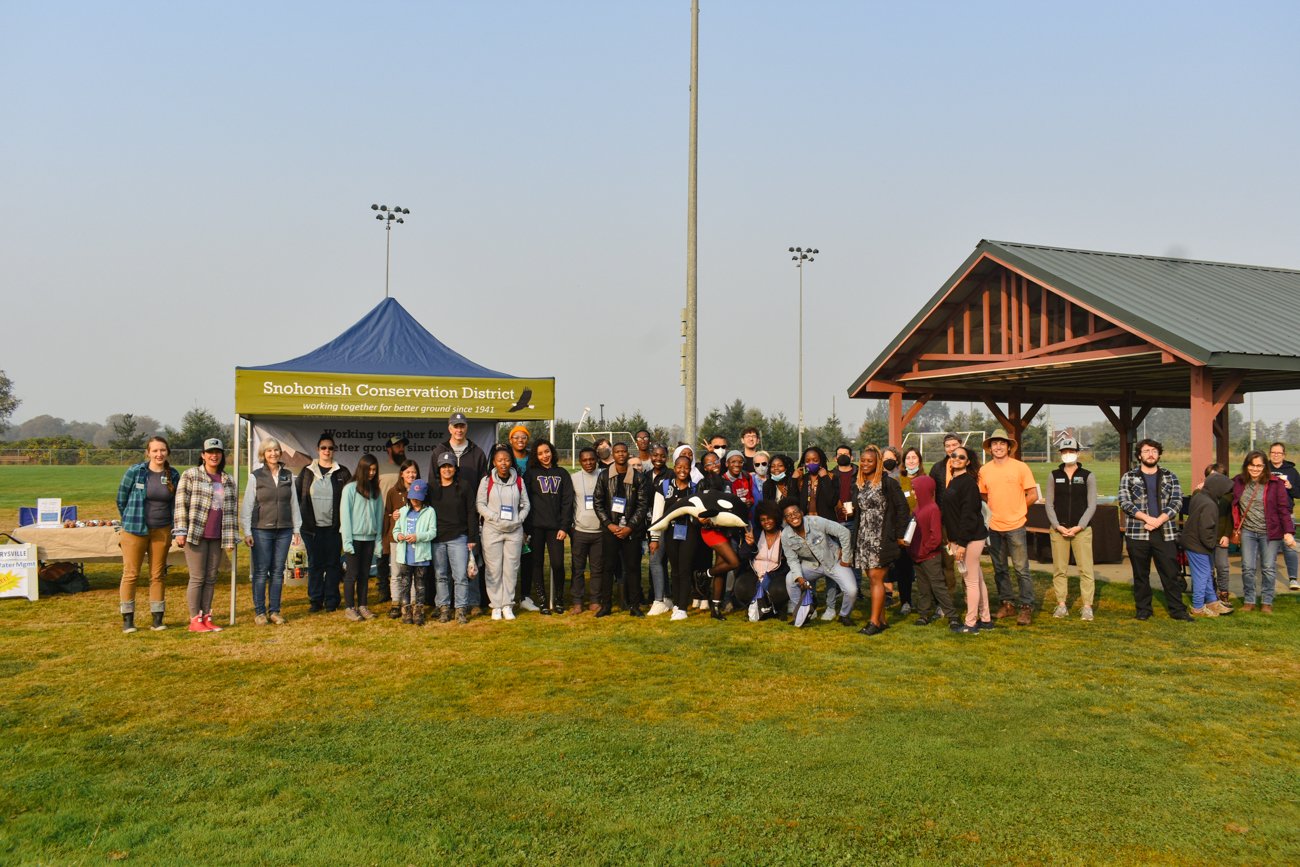
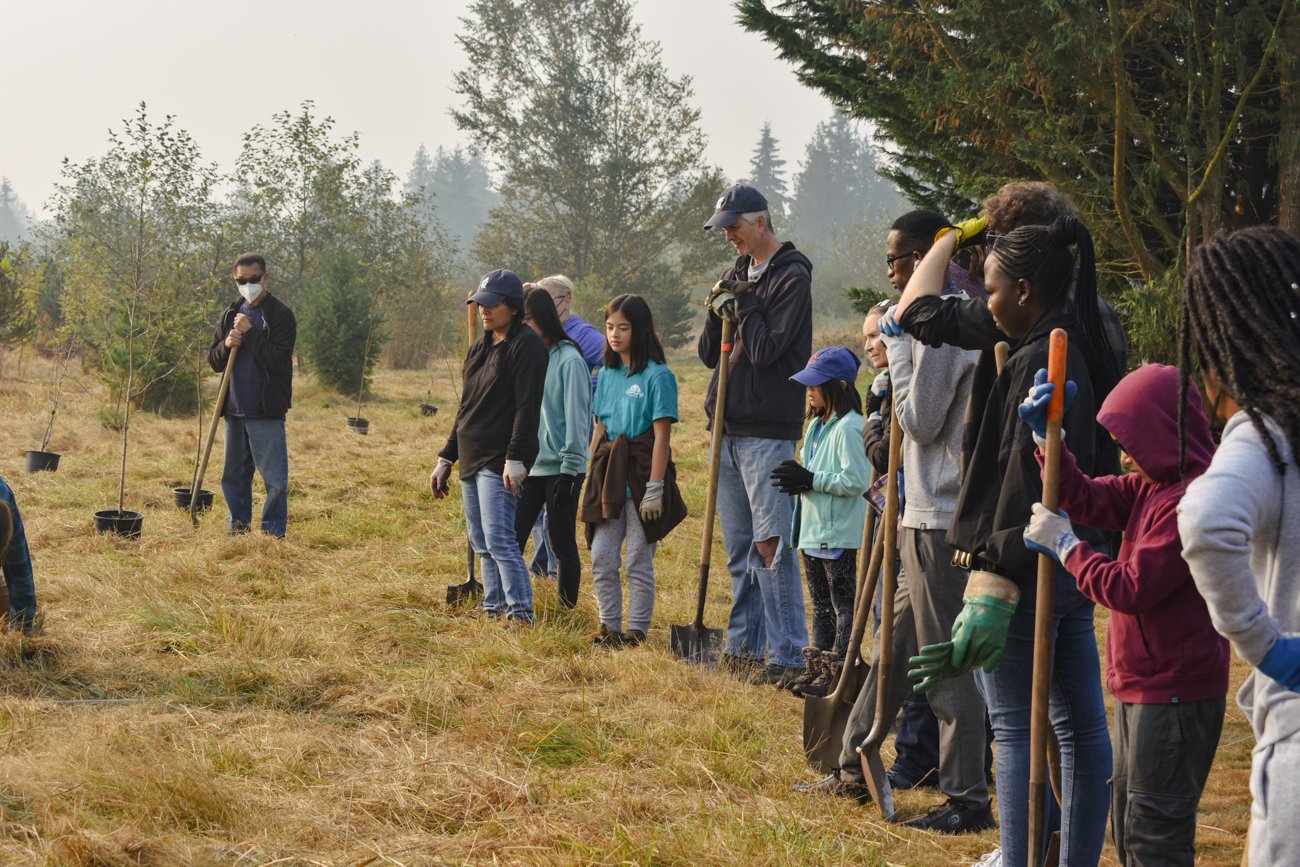
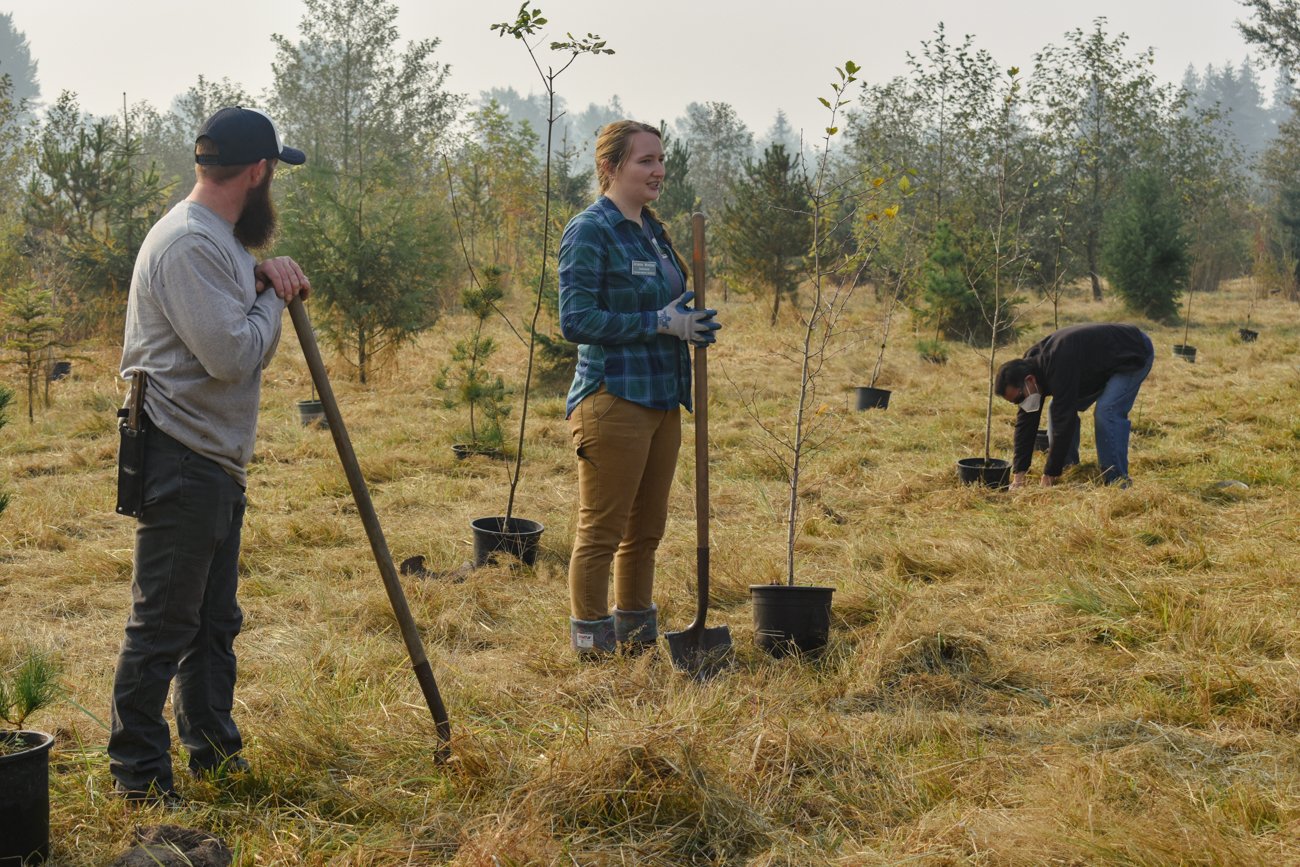
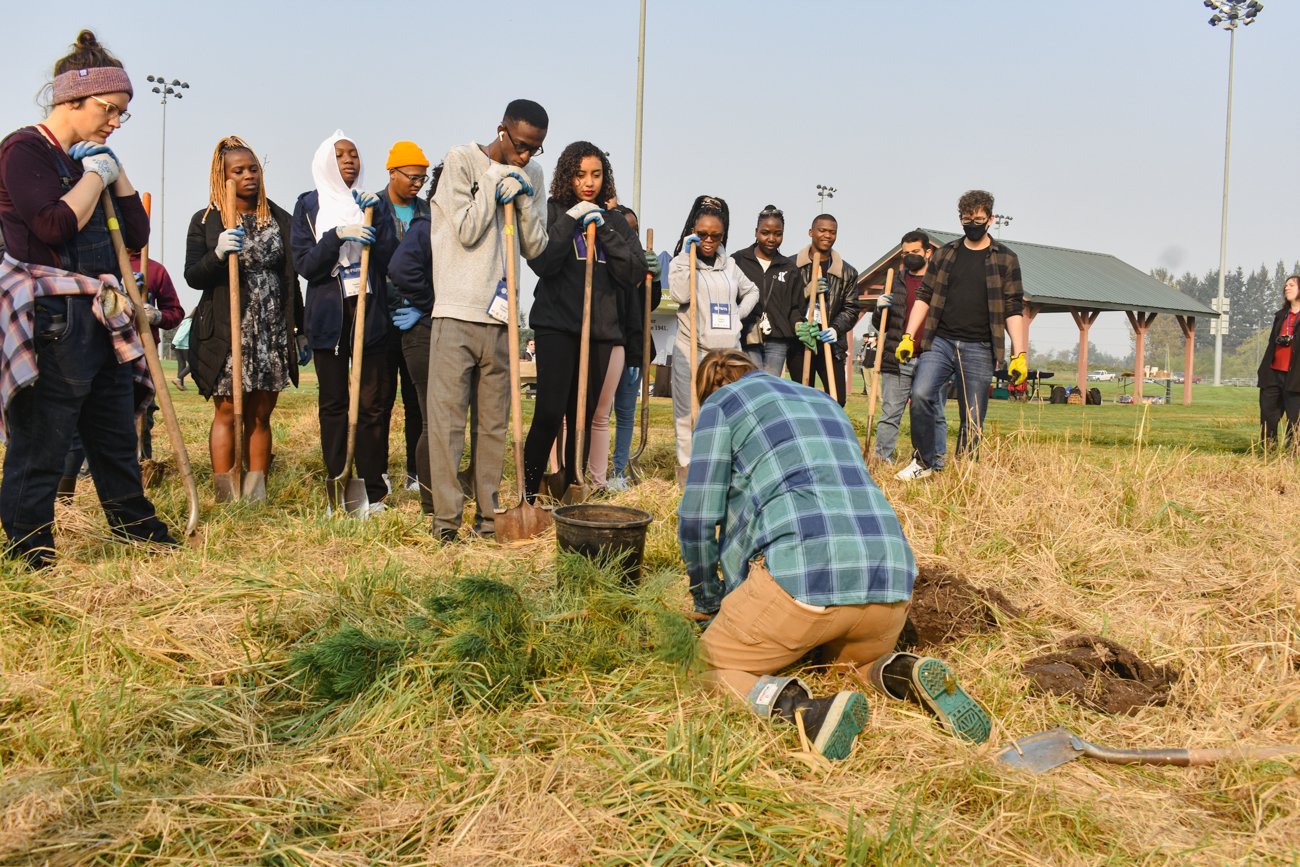
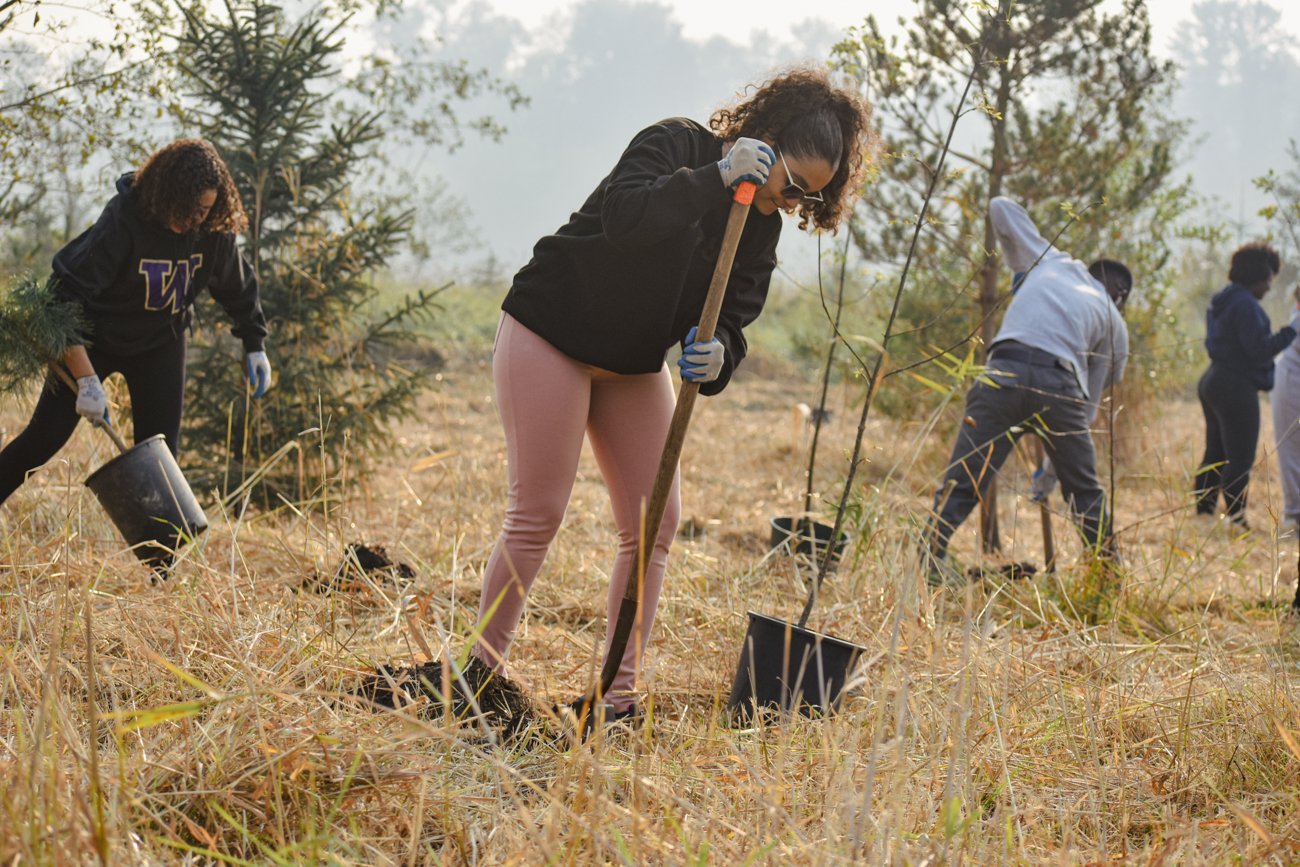
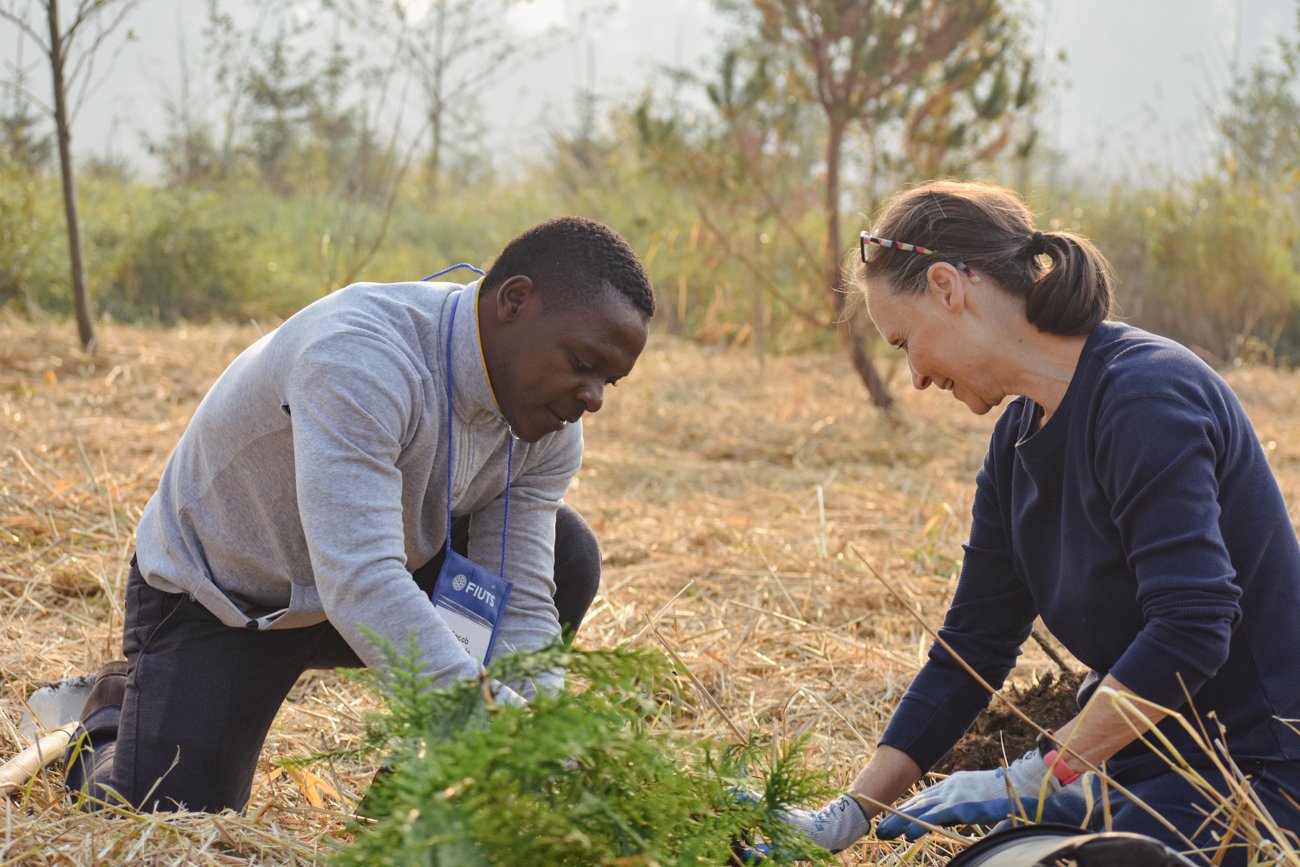
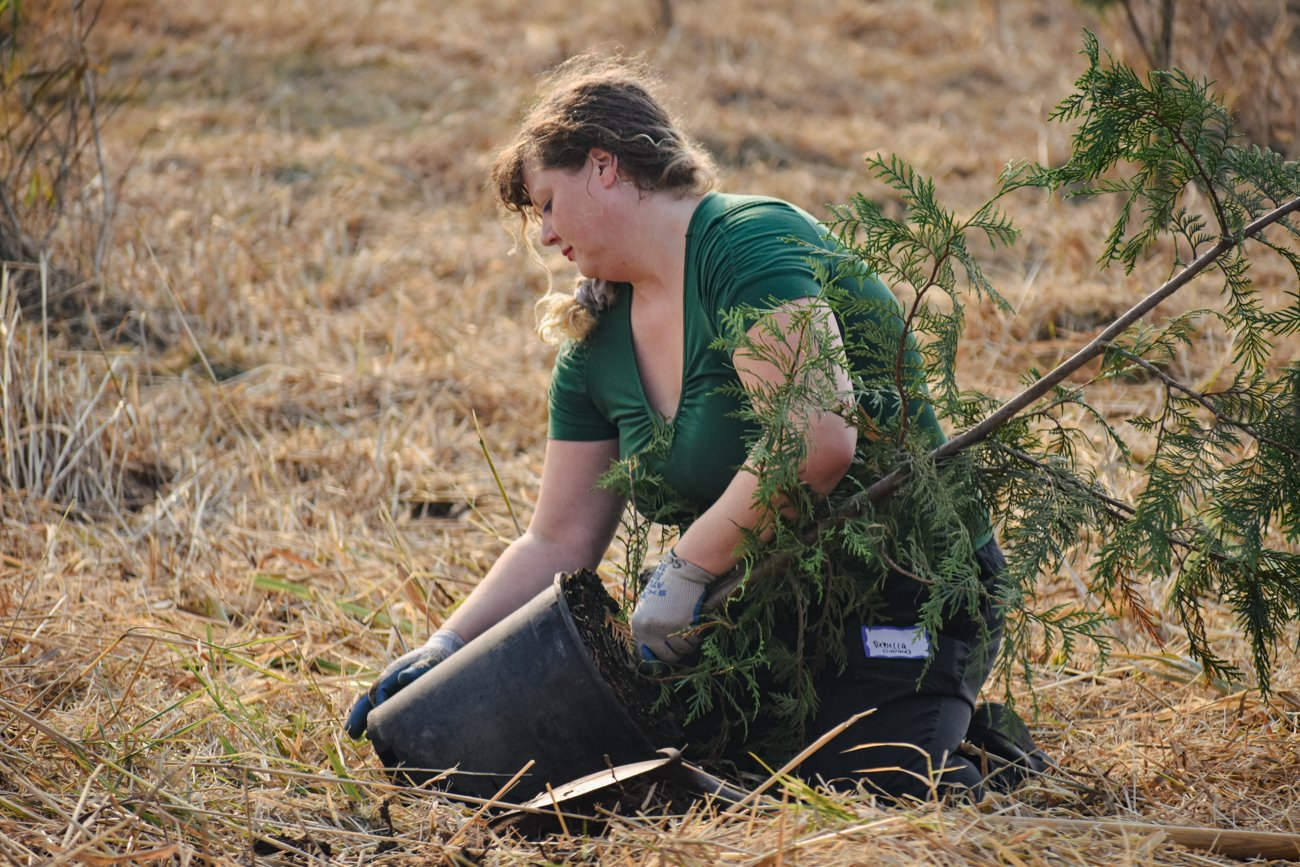
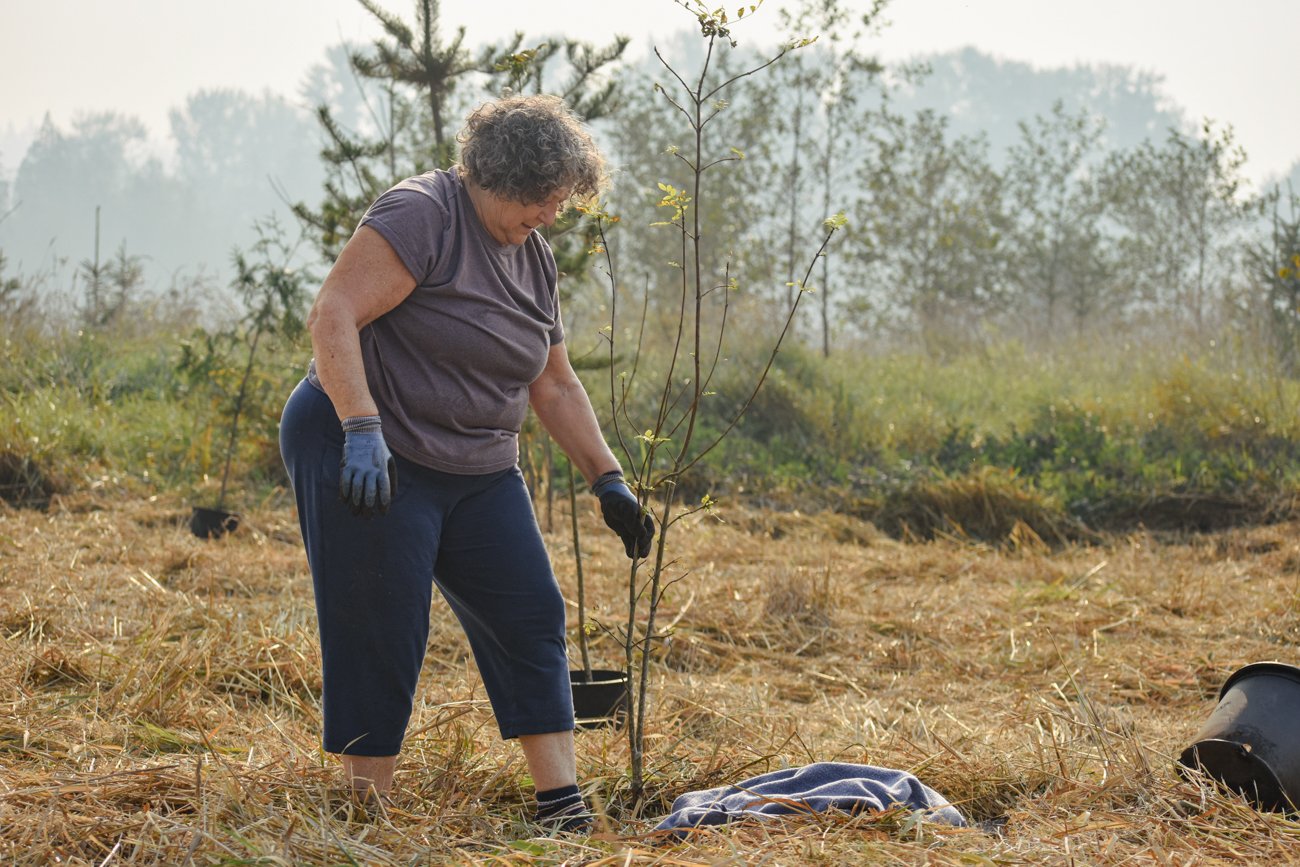
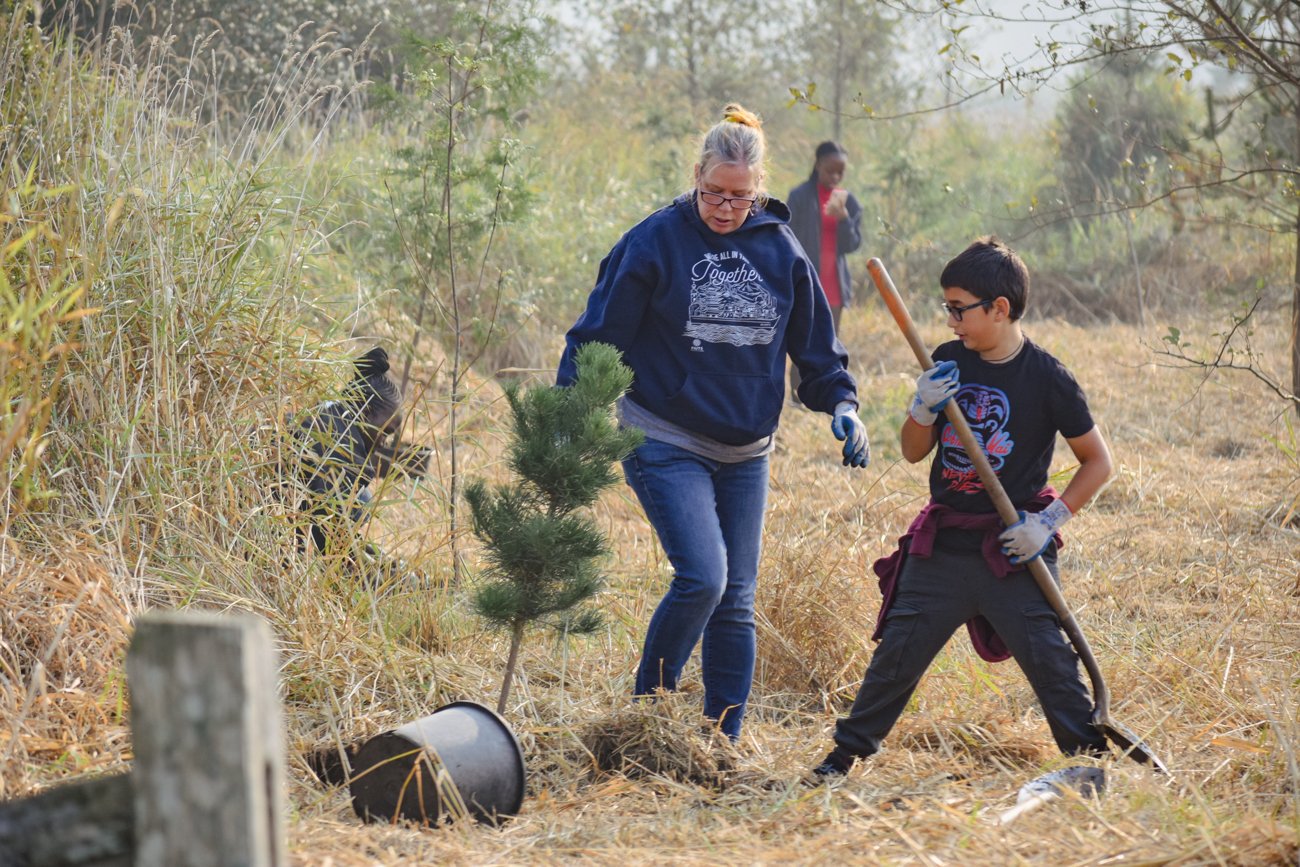
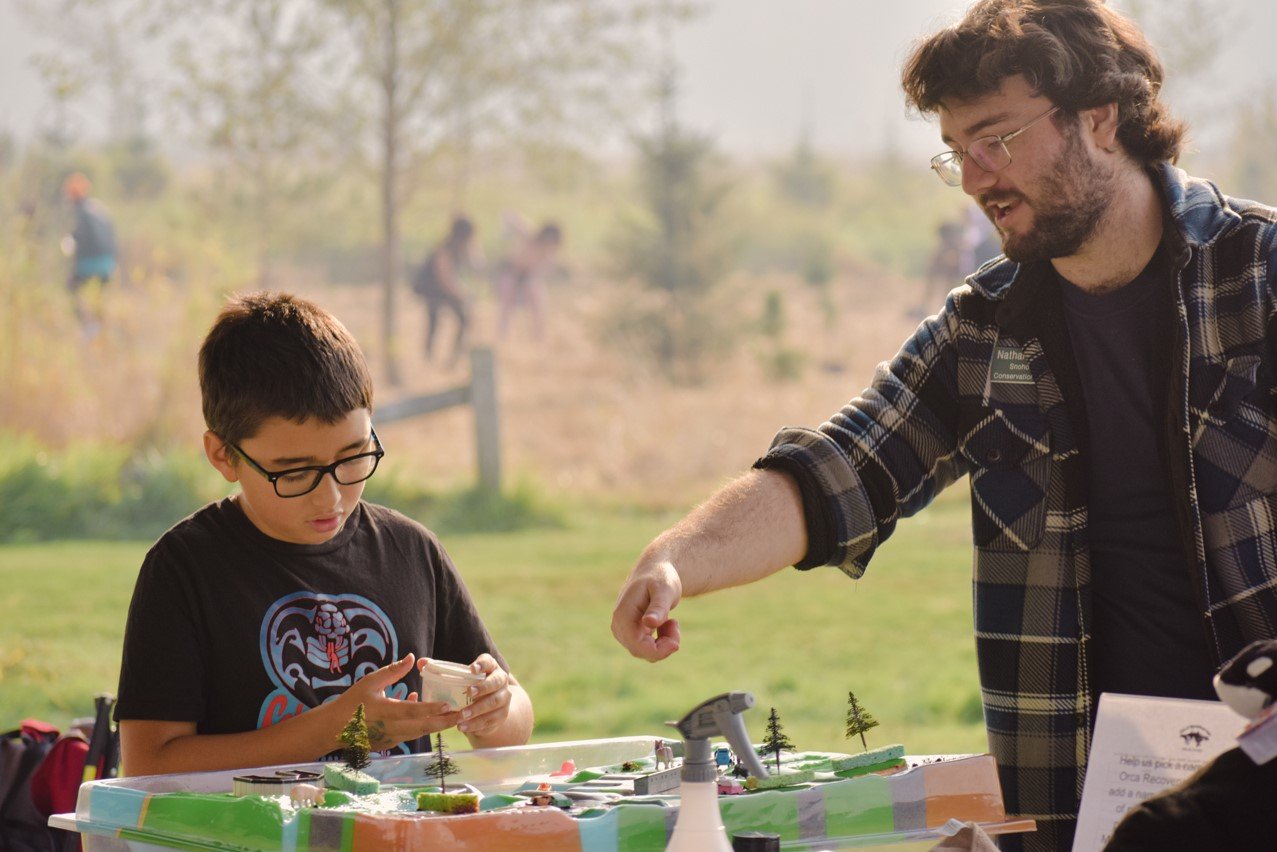
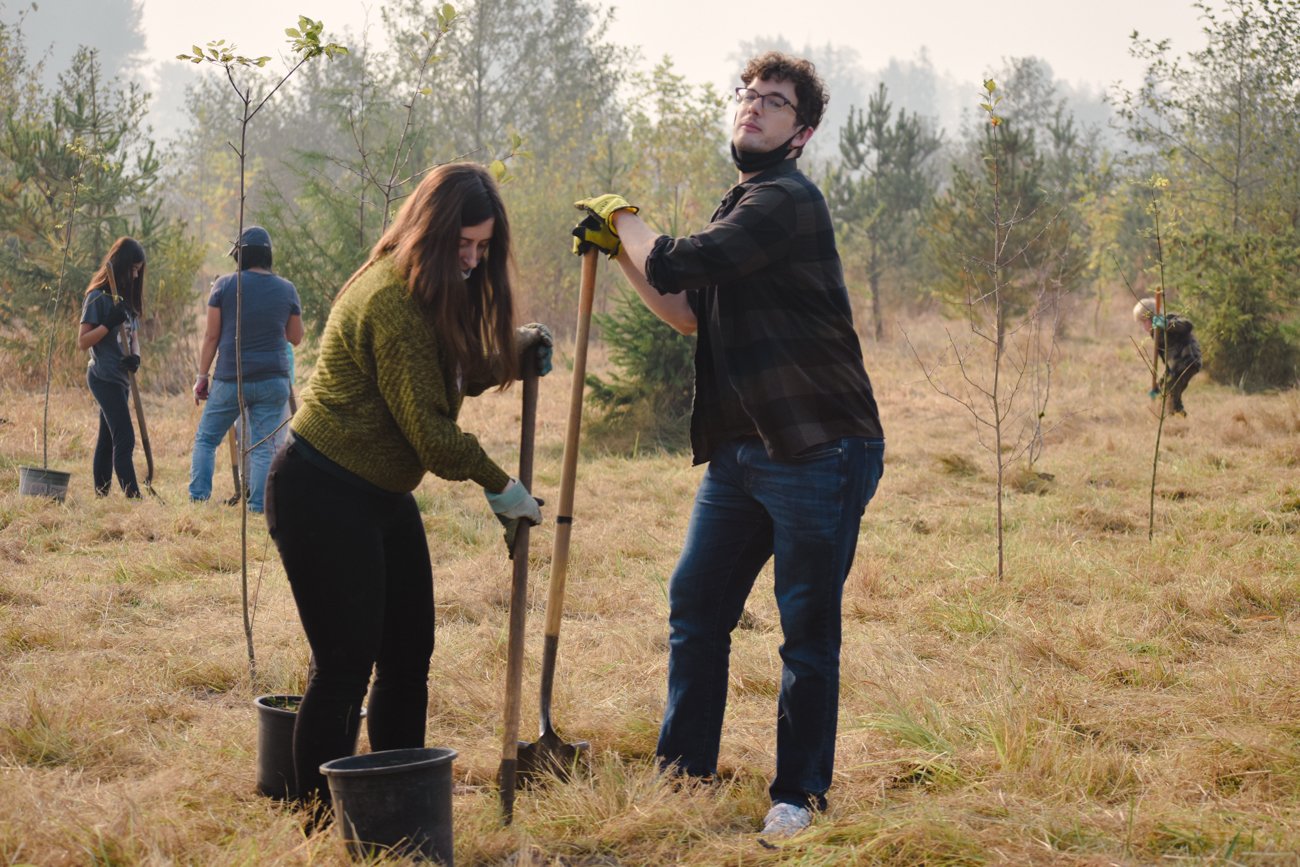
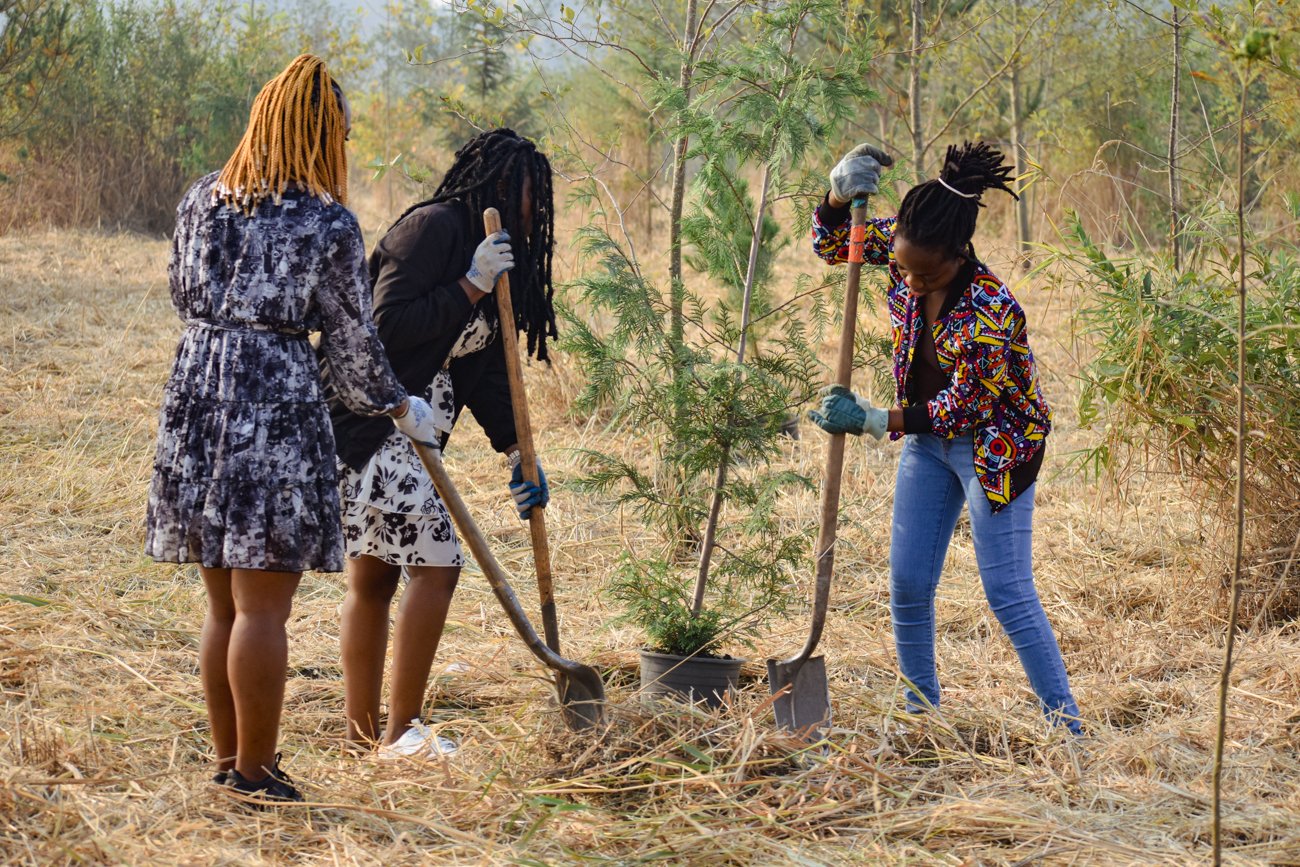
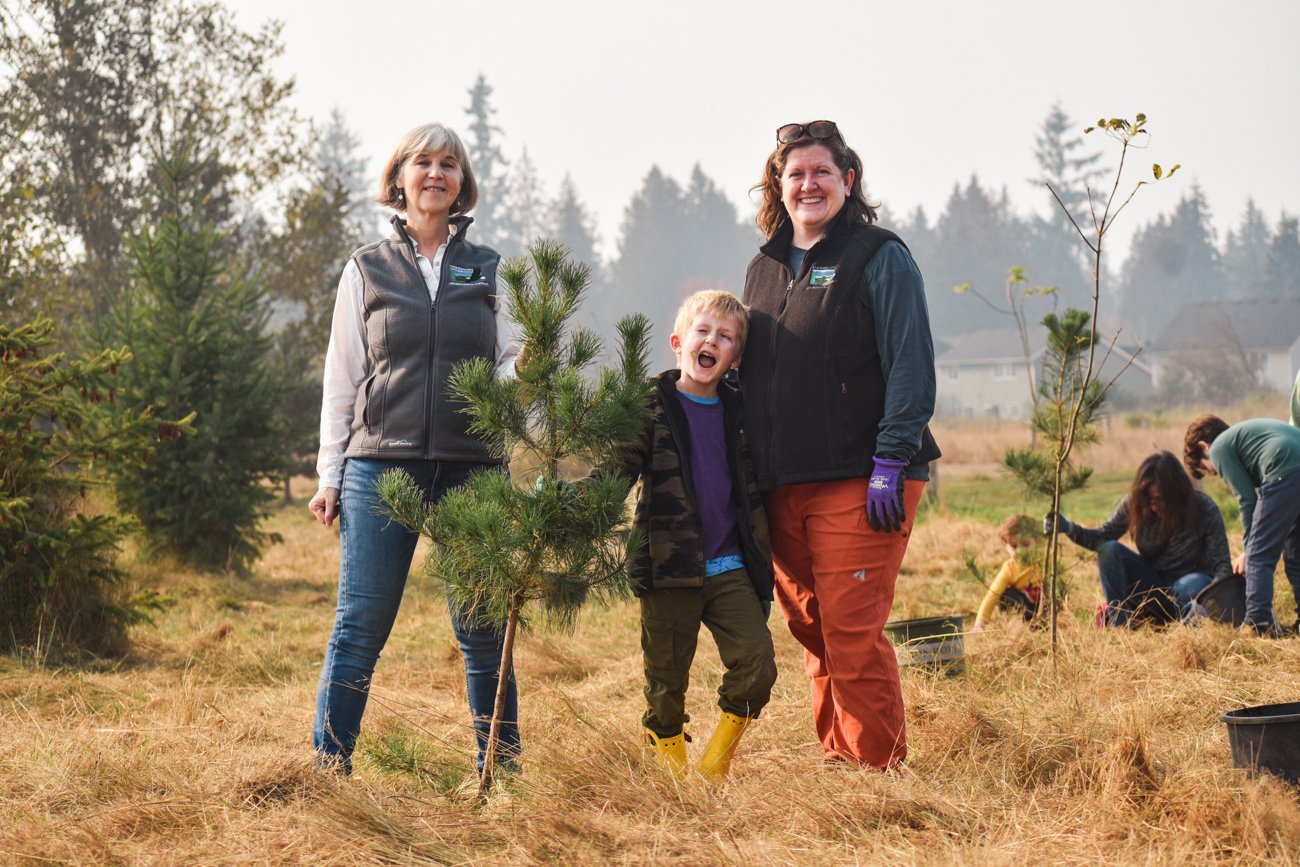
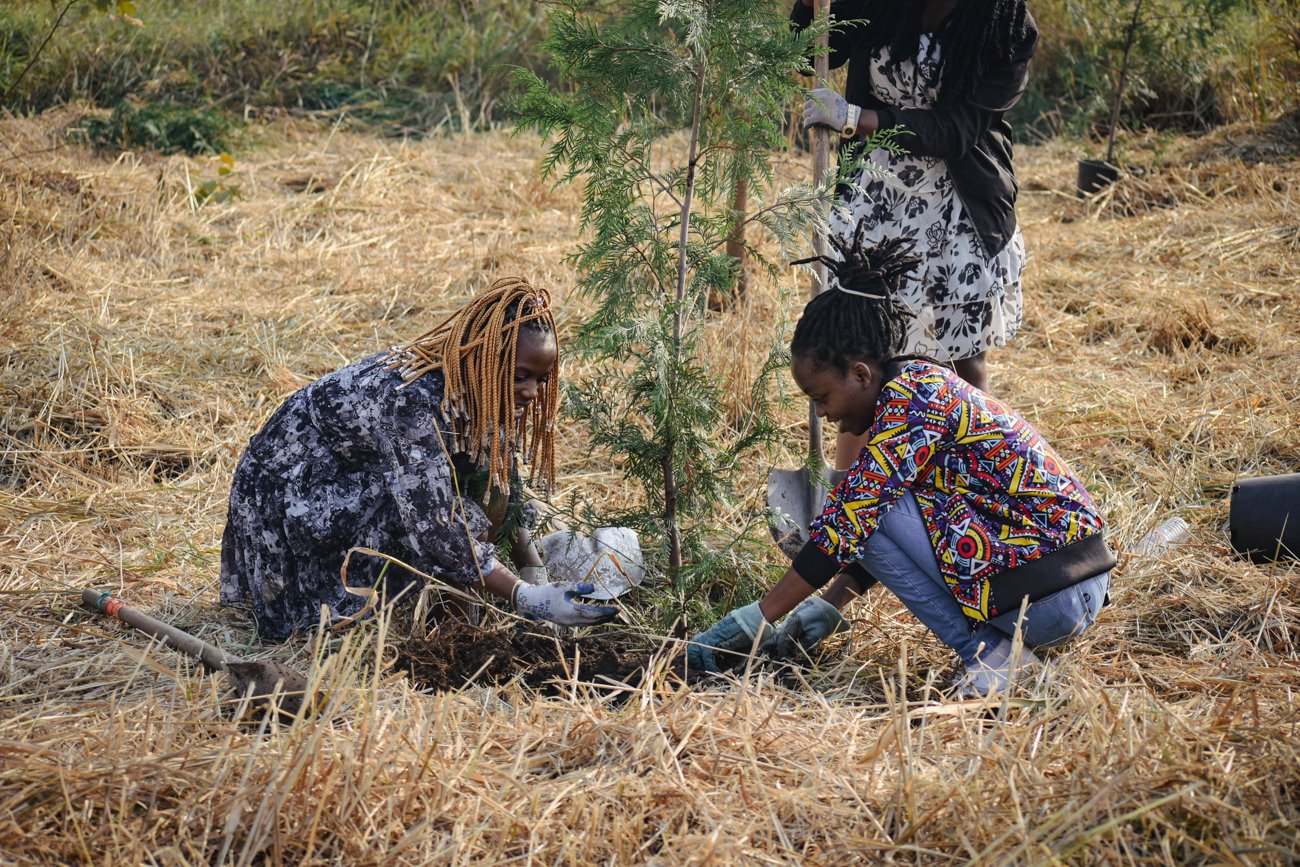
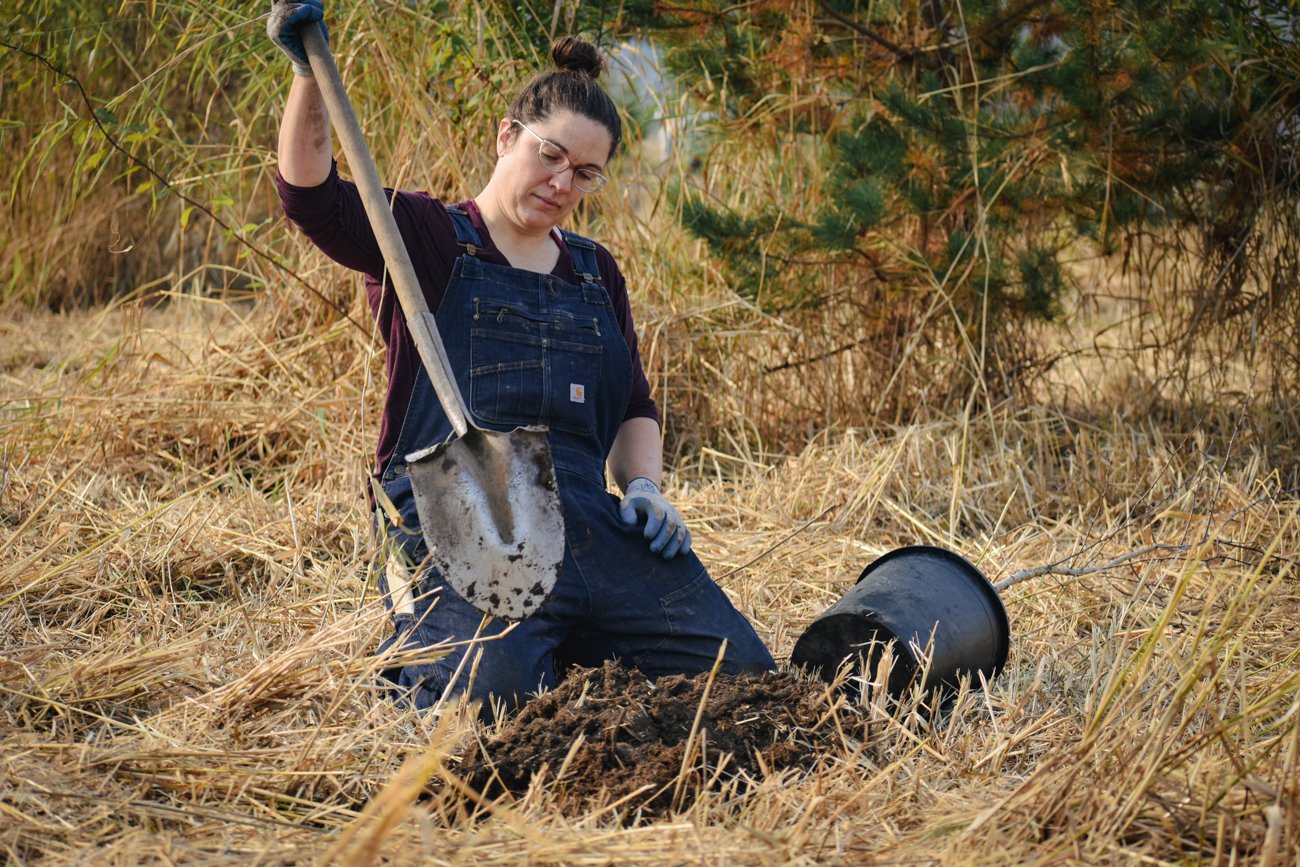
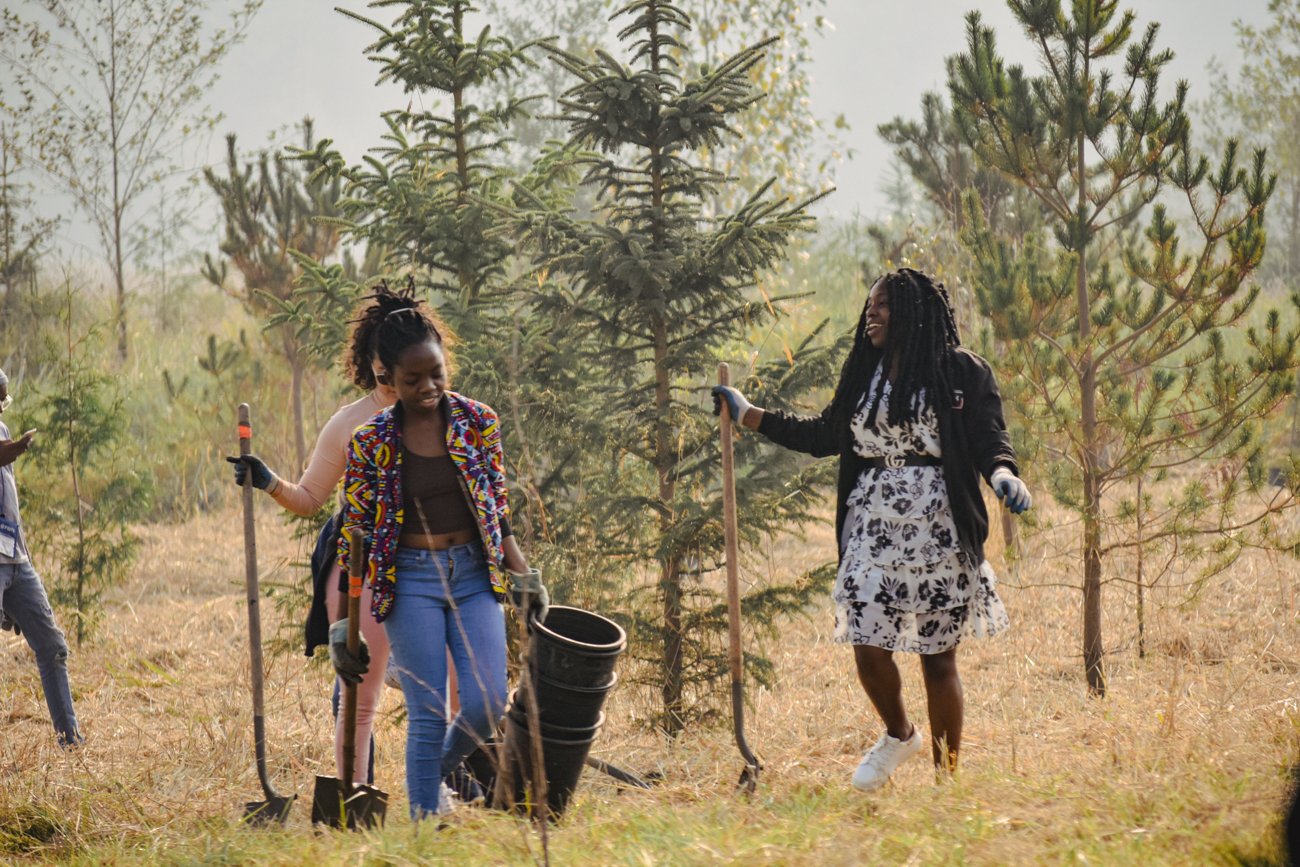
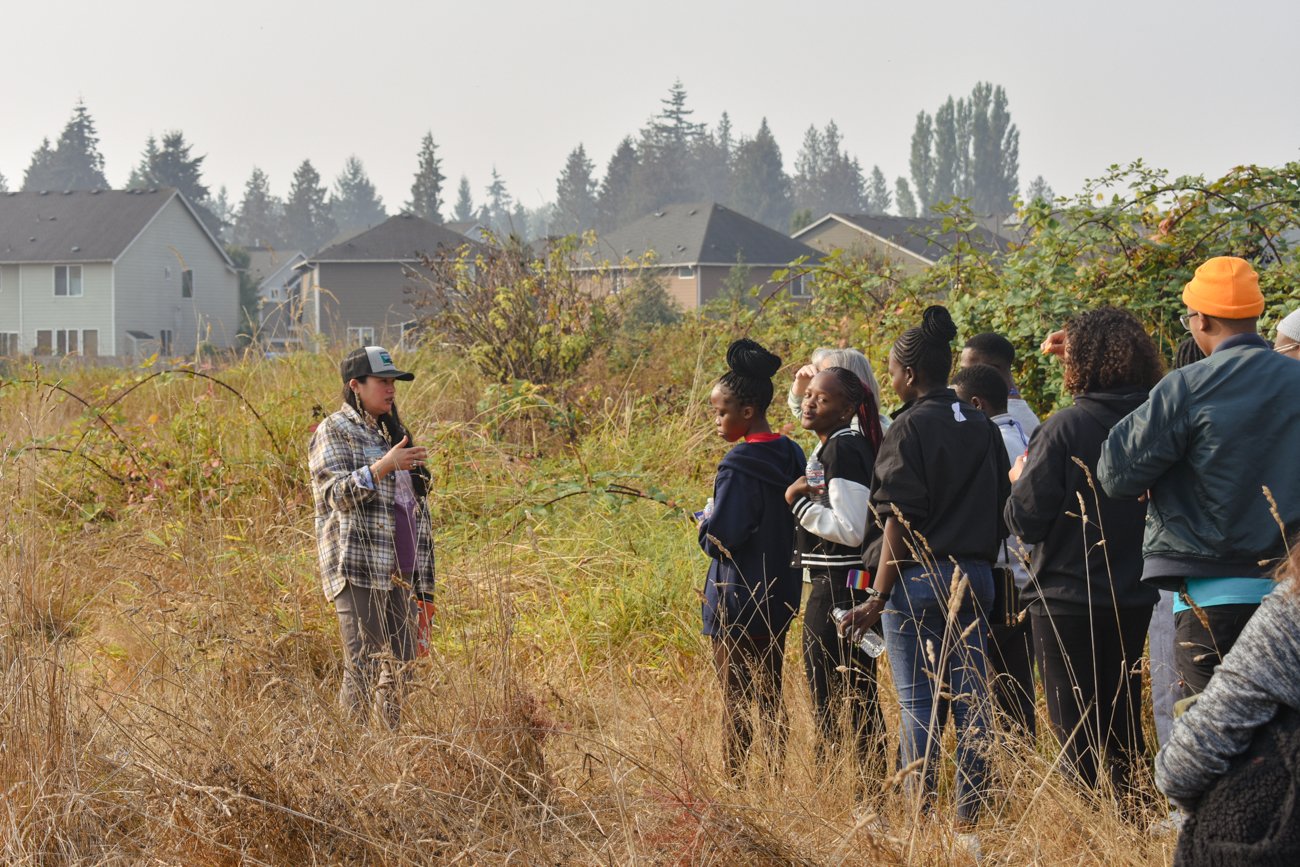
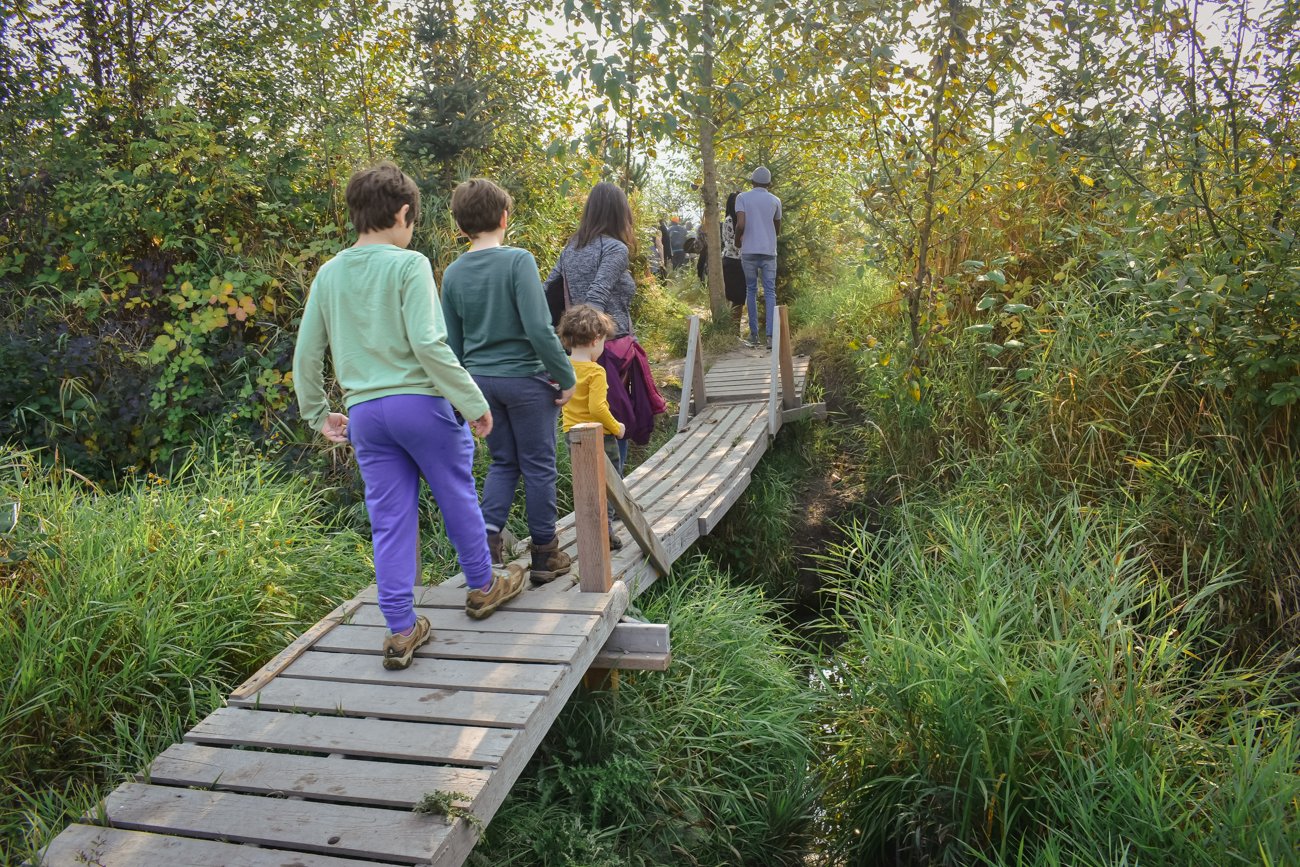
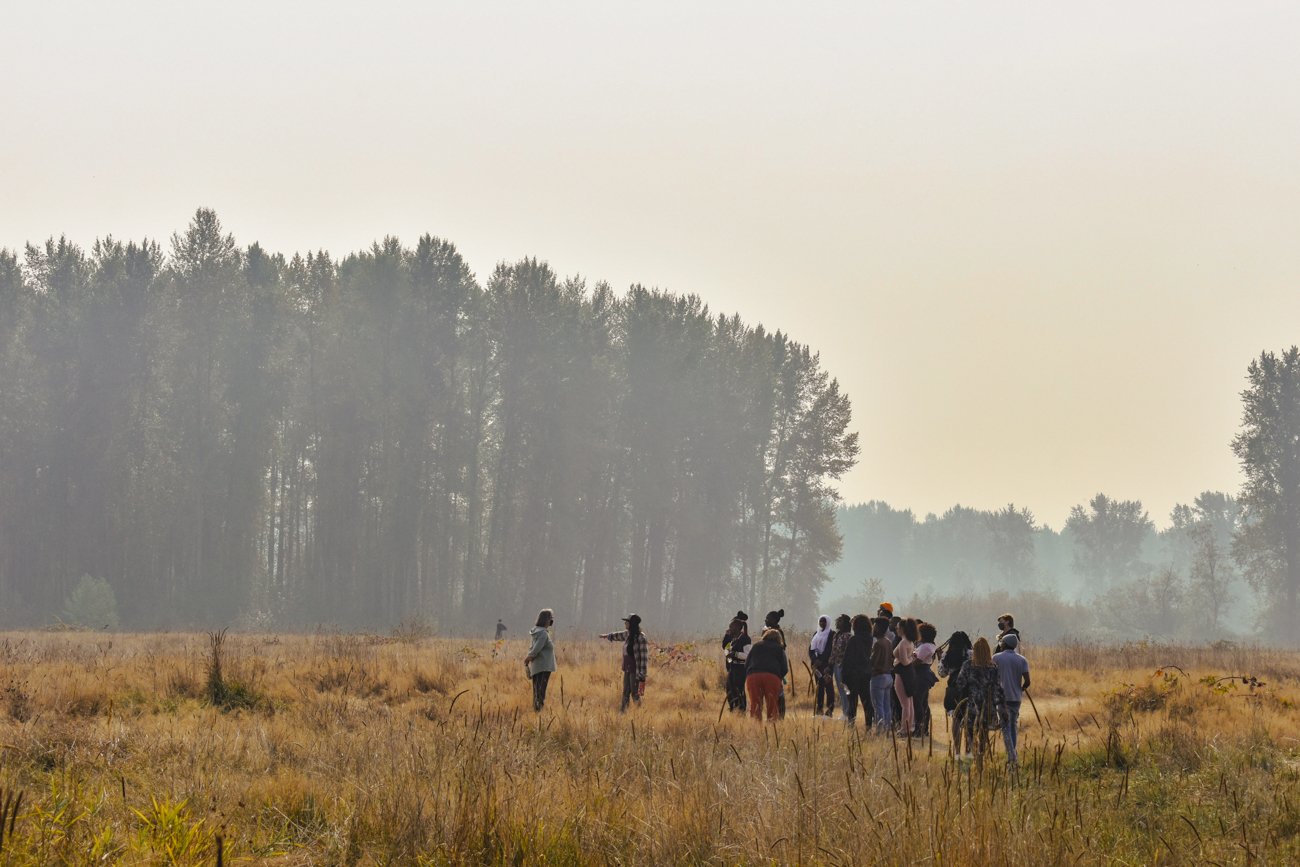
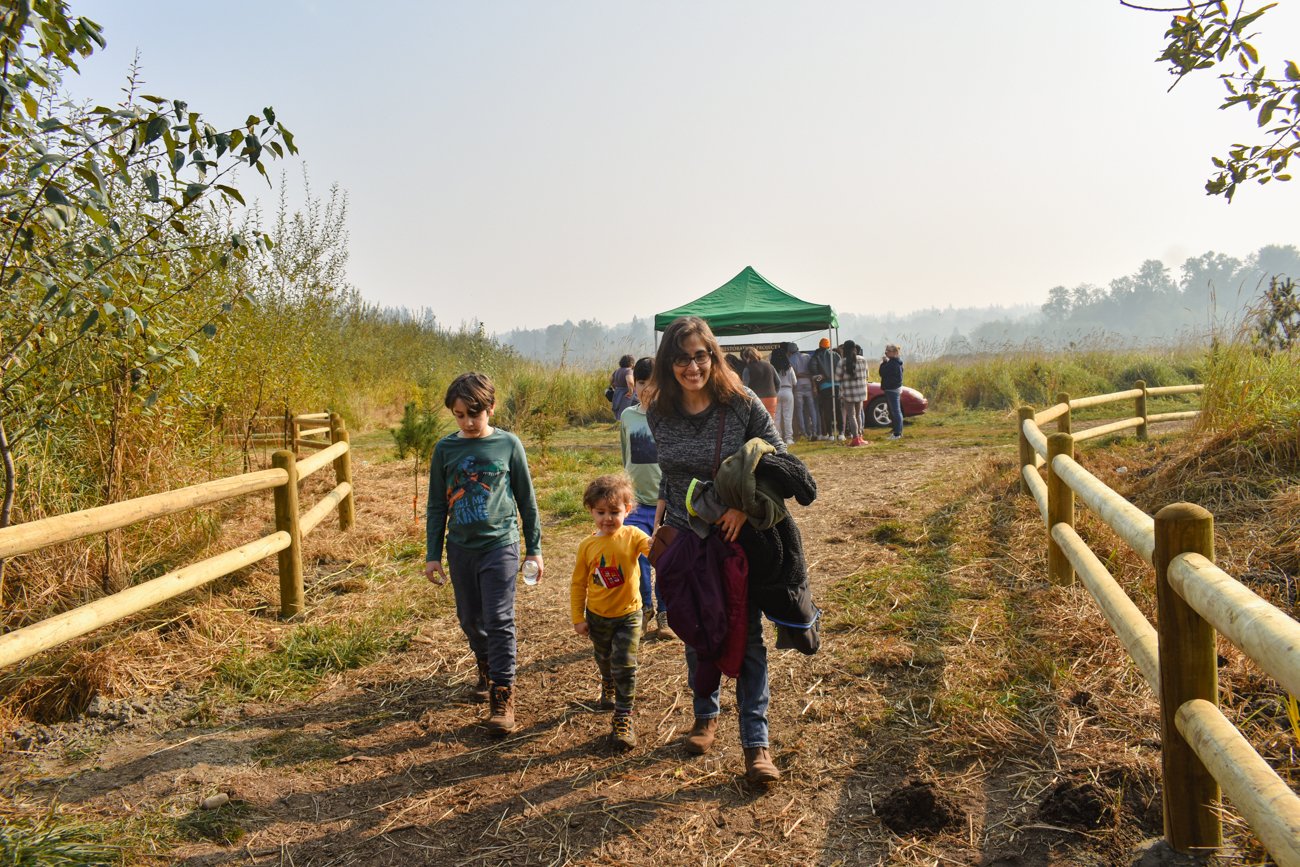
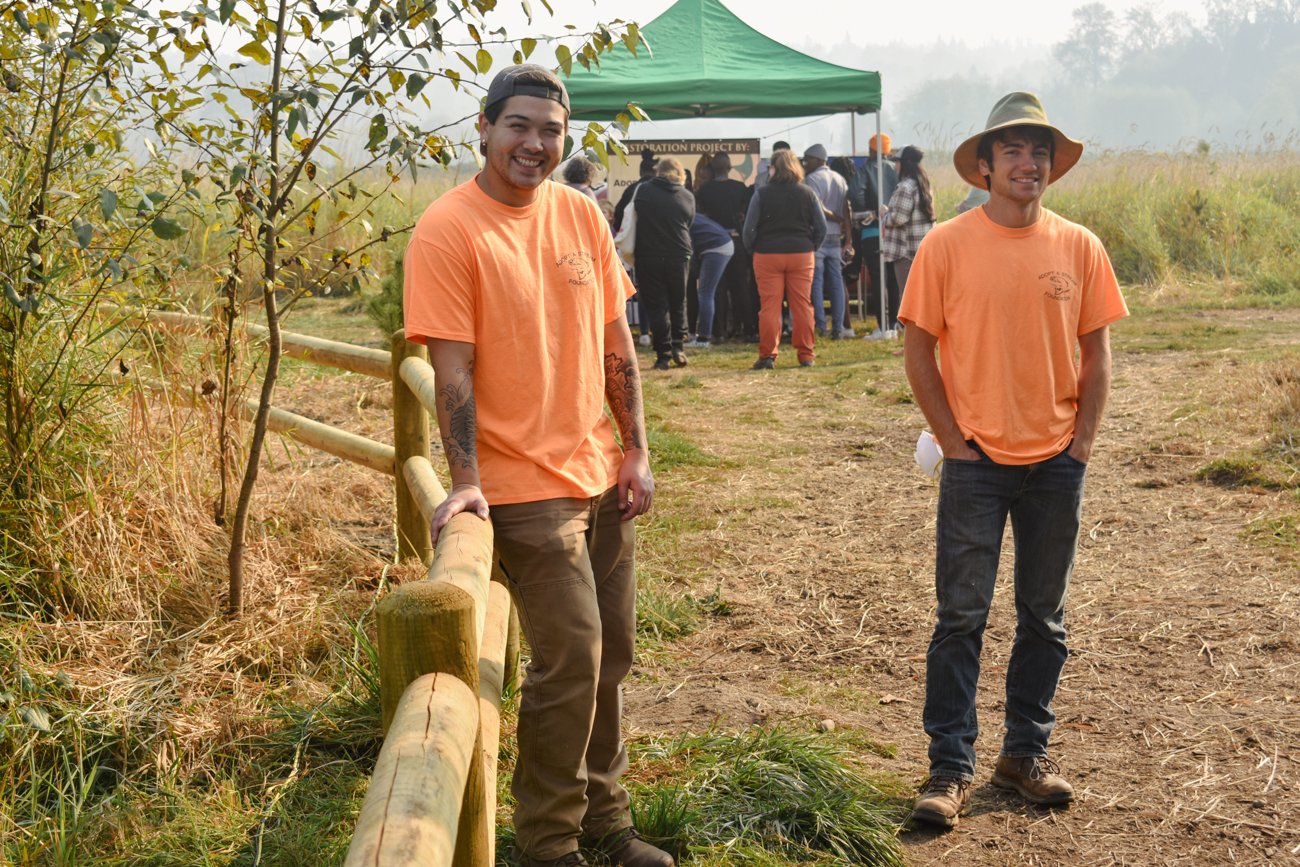
This project has been funded wholly or in part by the United States Environmental Protection Agency under assistance agreement WQNEP-2020-KCWLRD-00058. The contents of this document do not necessarily reflect the views and policies of the Environmental Protection Agency, nor does mention of trade names or commercial products constitute endorsement or recommendation for use.
